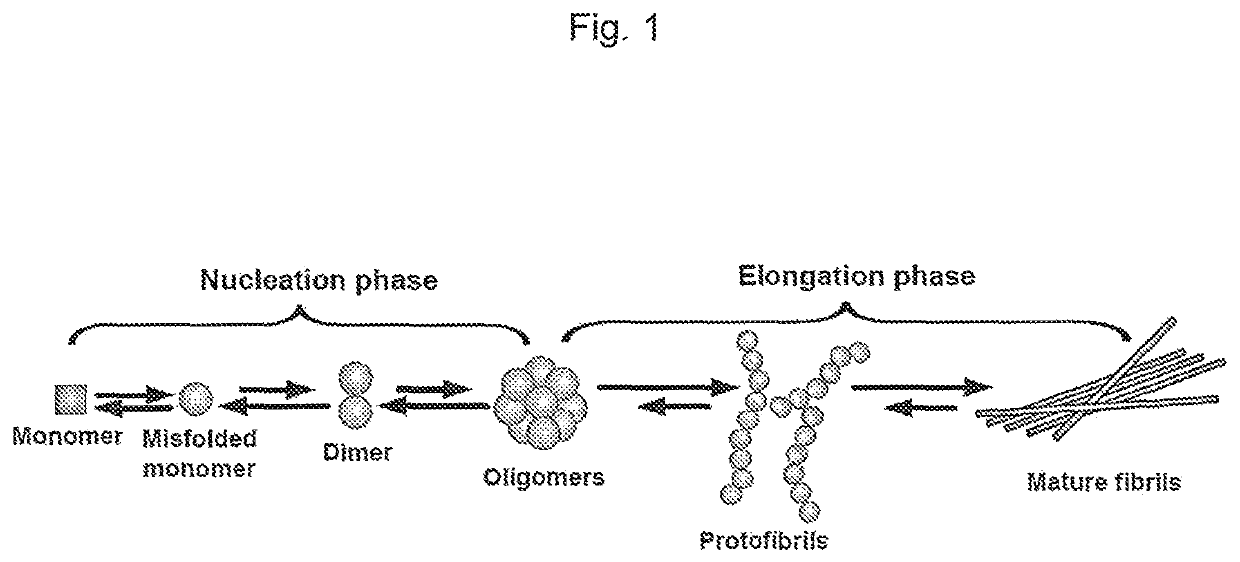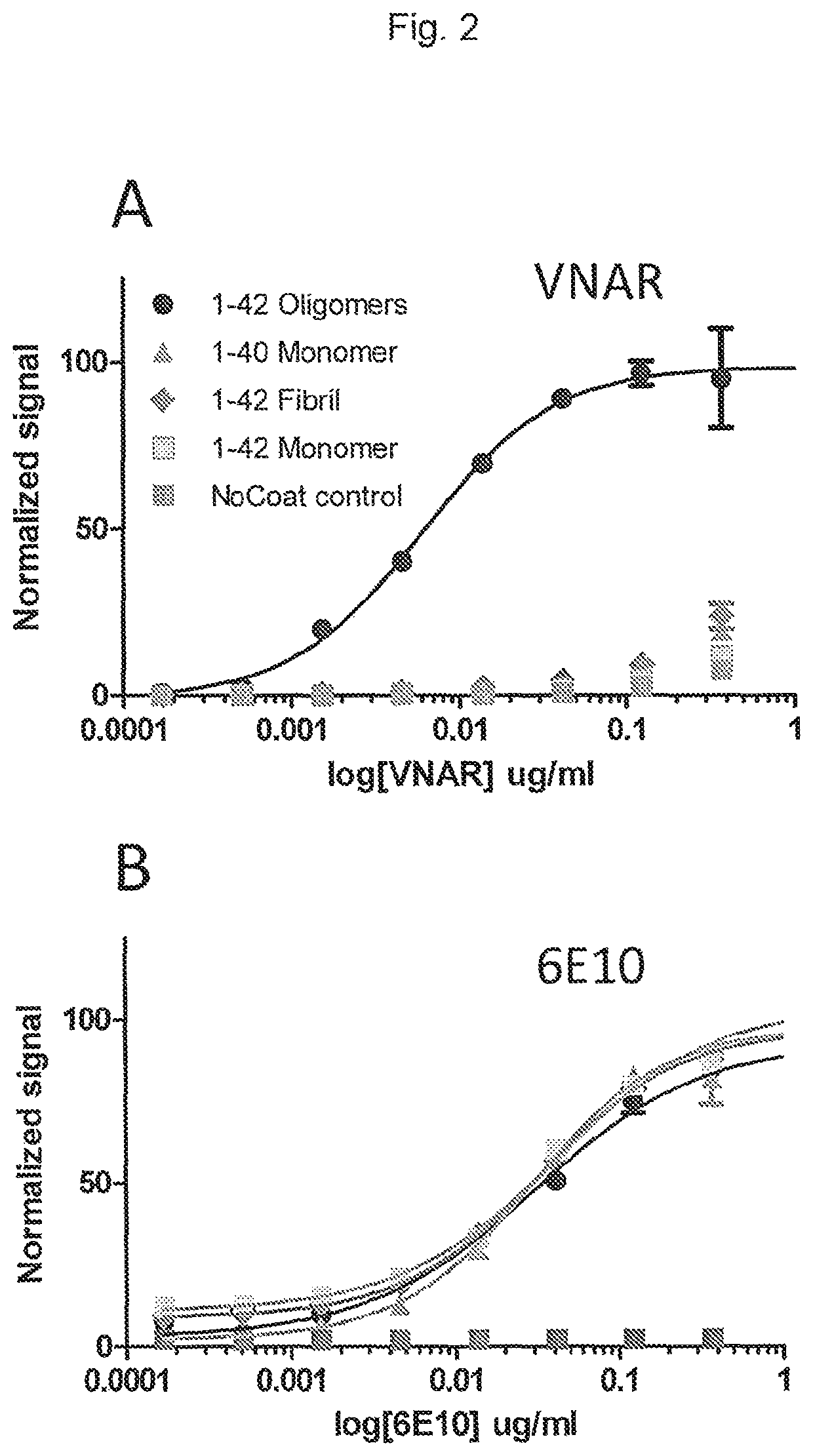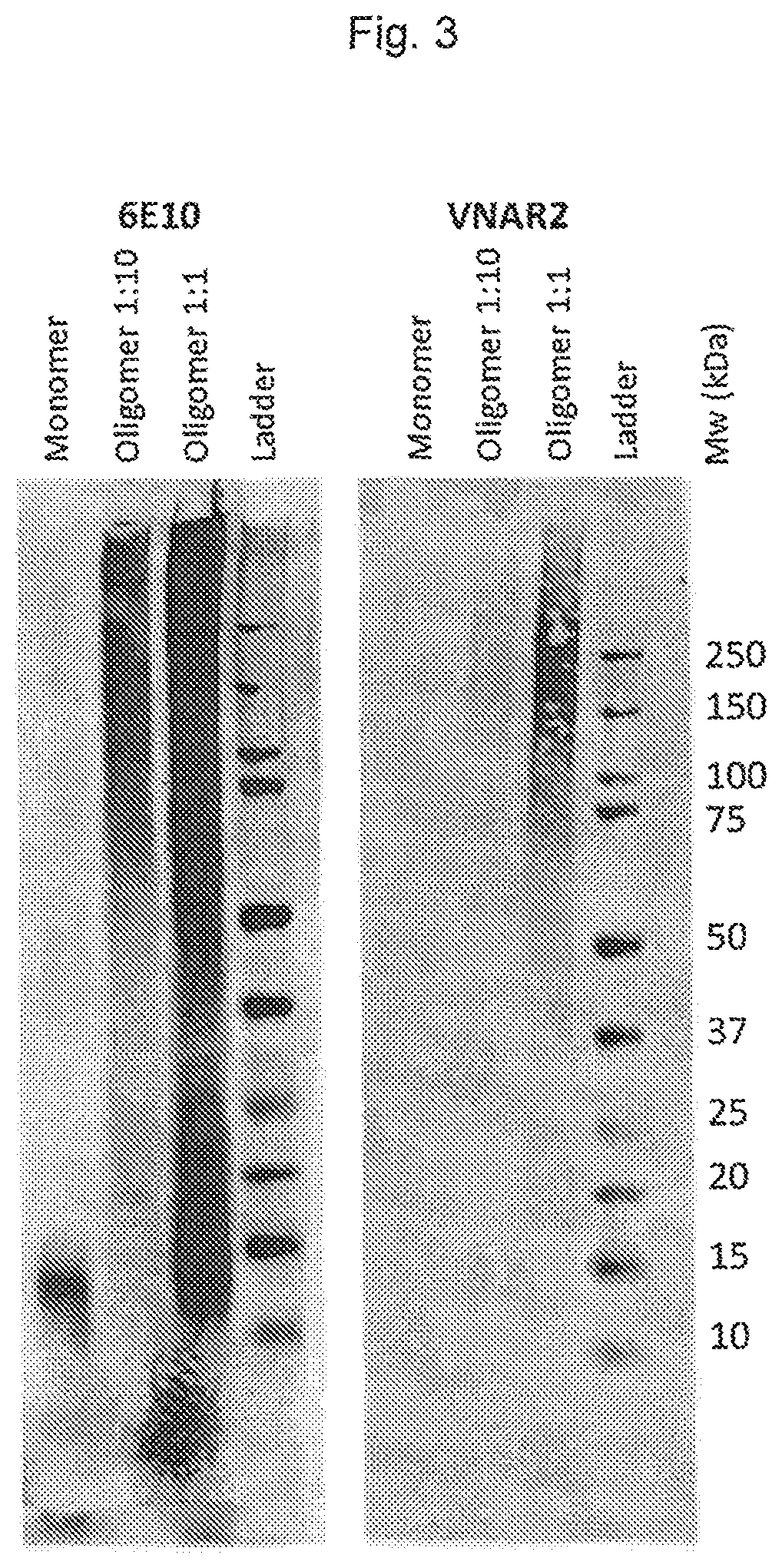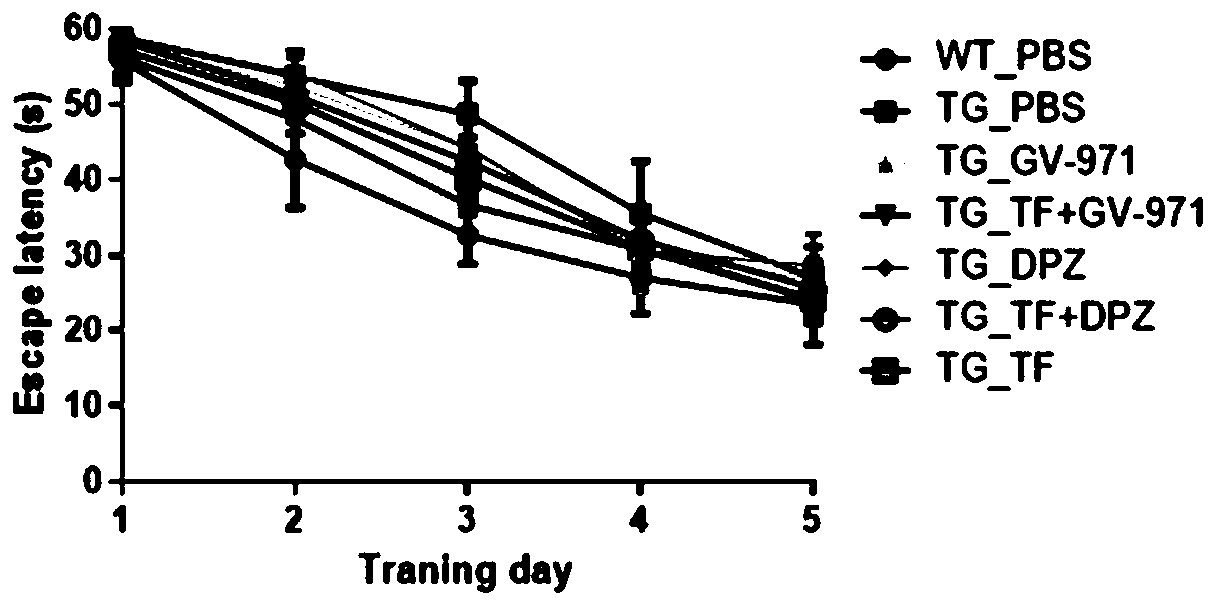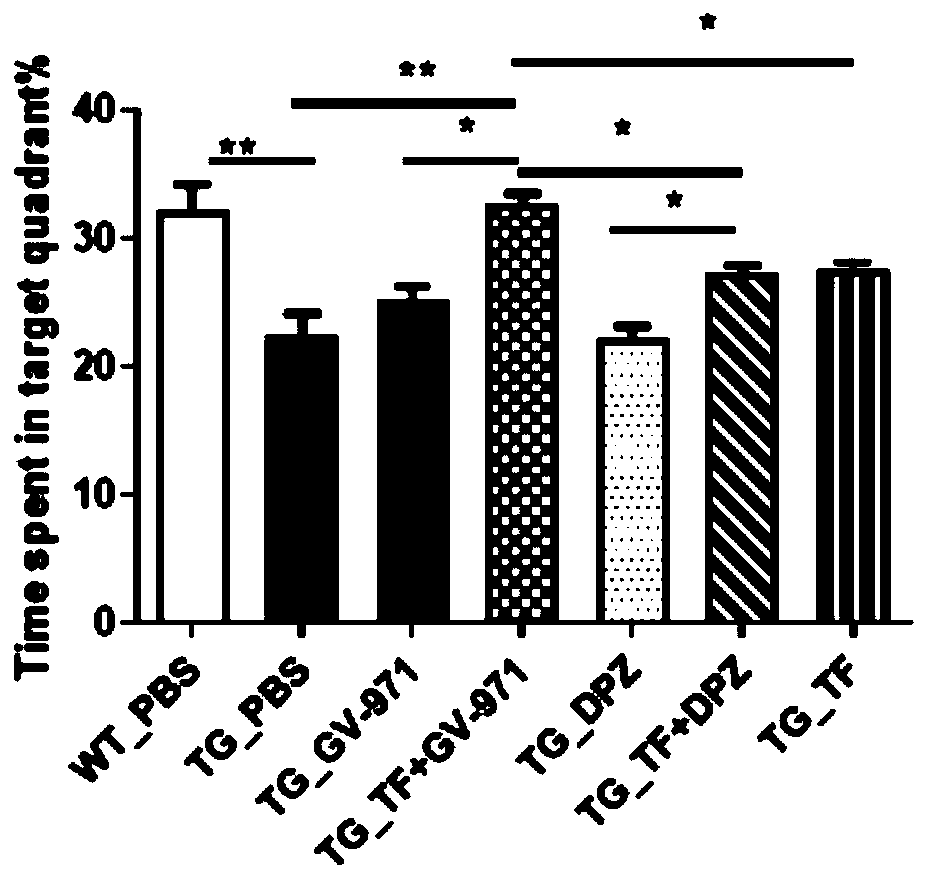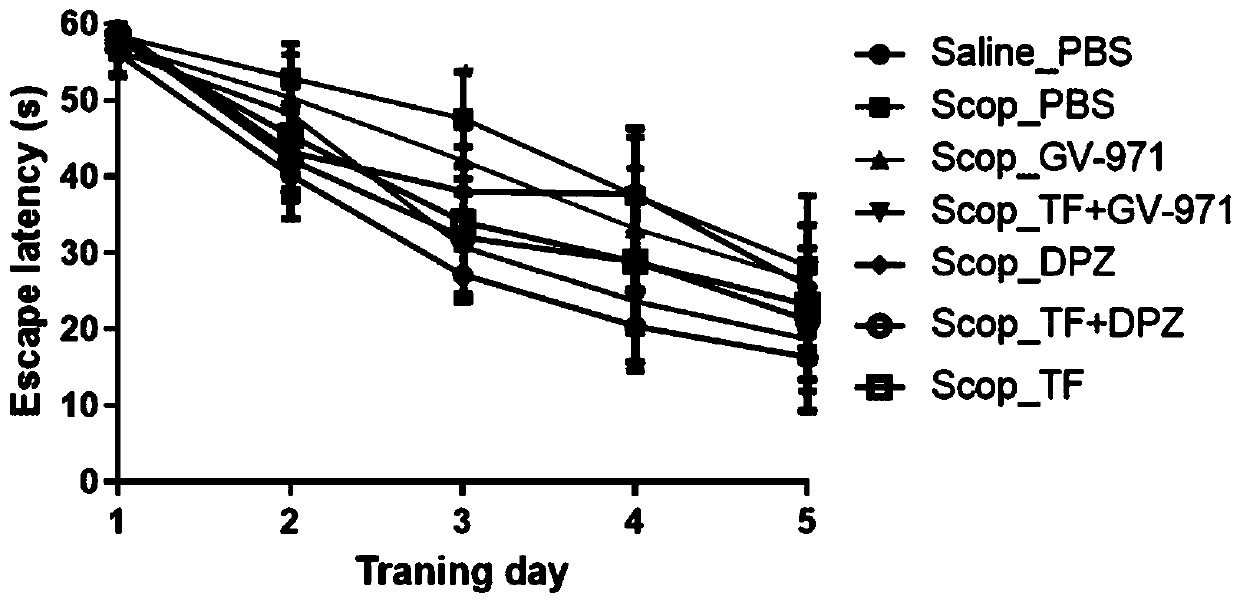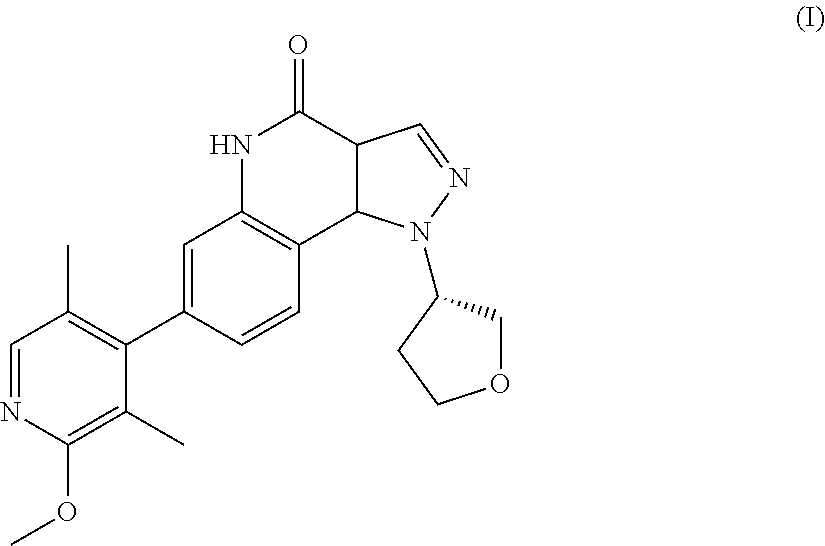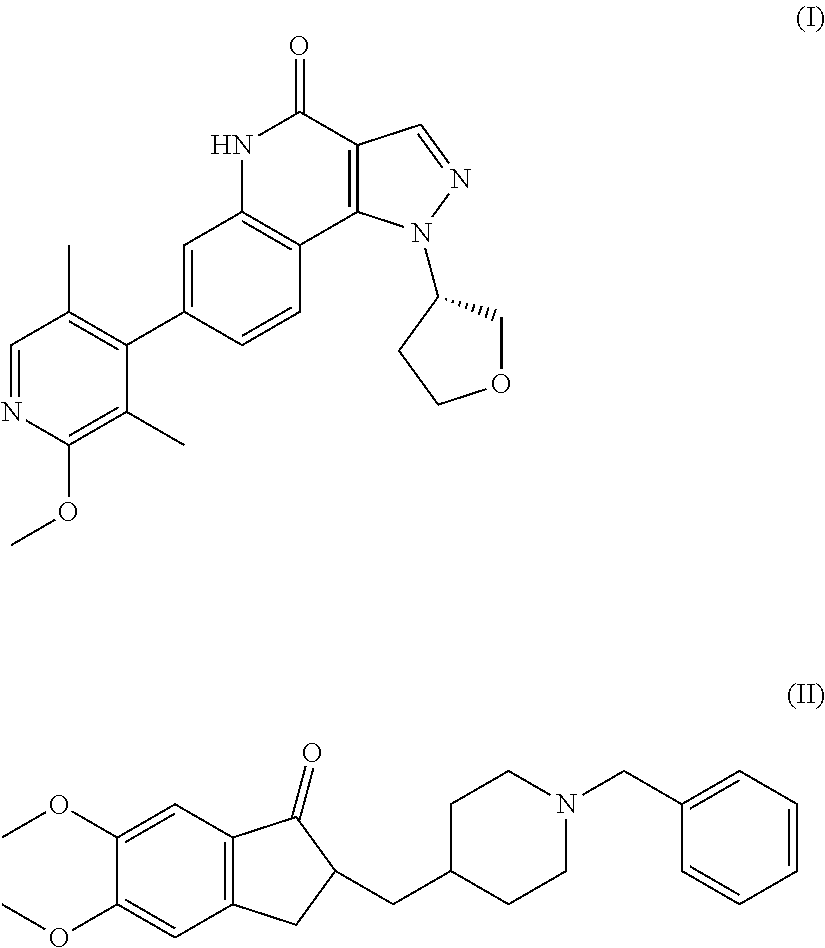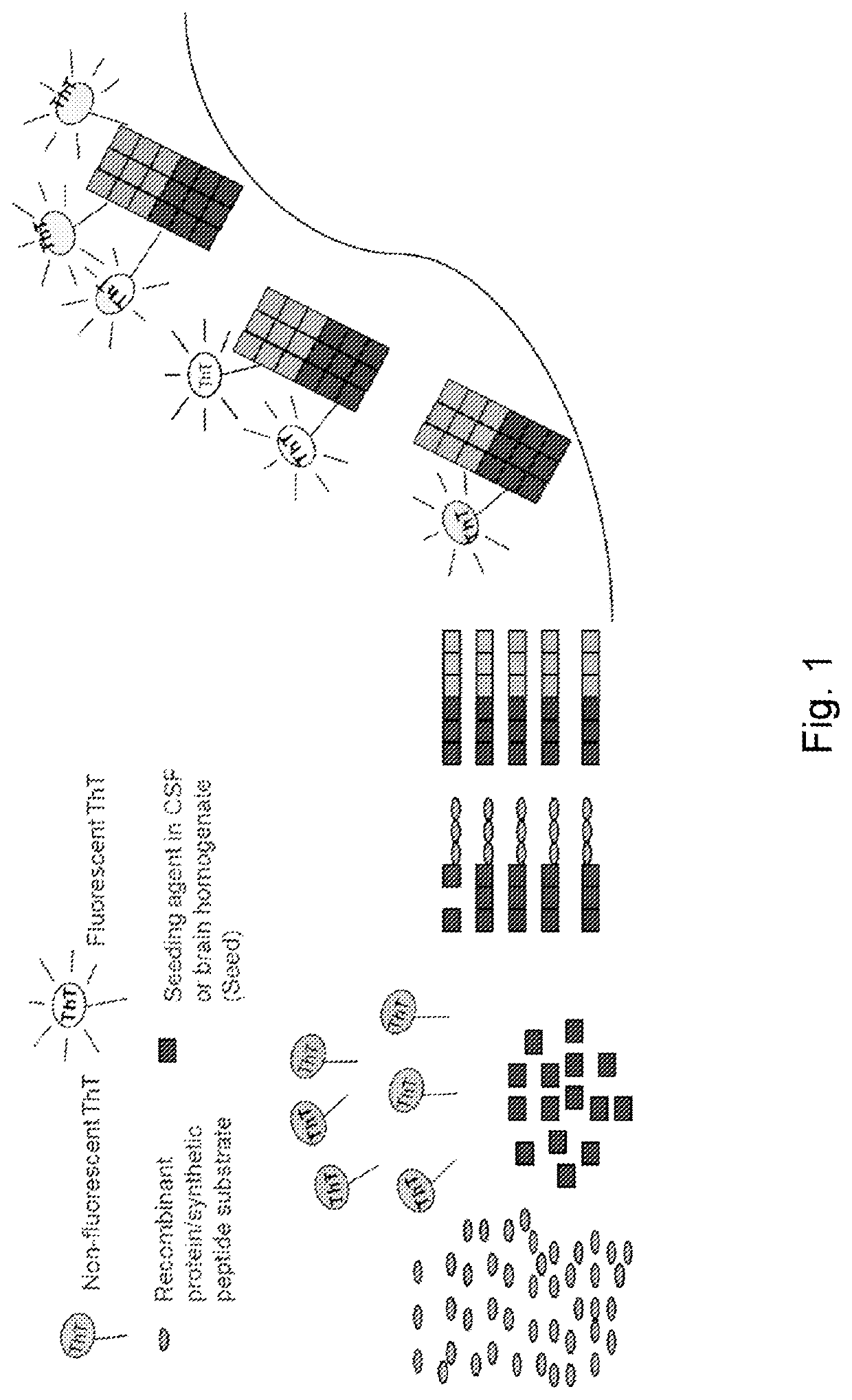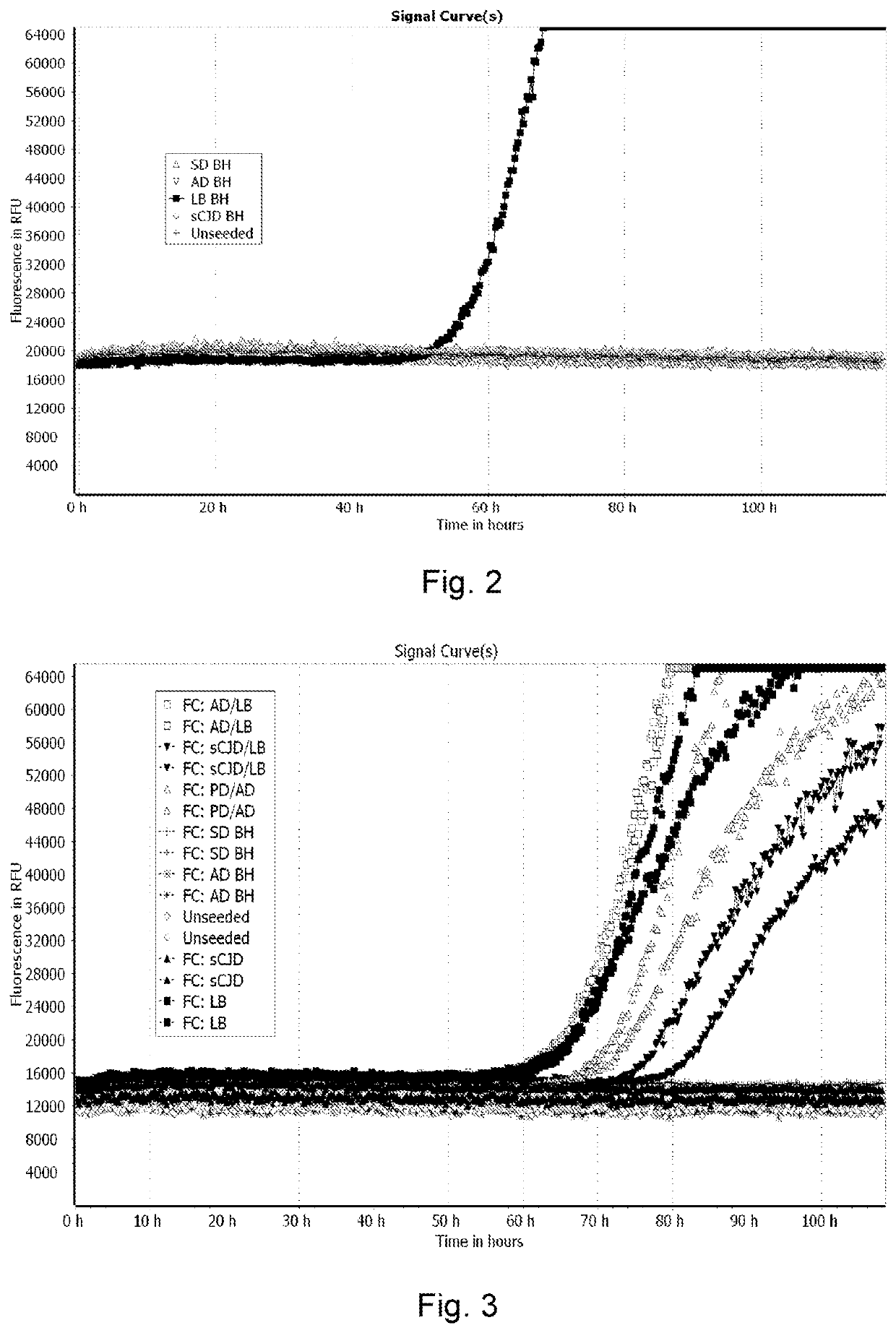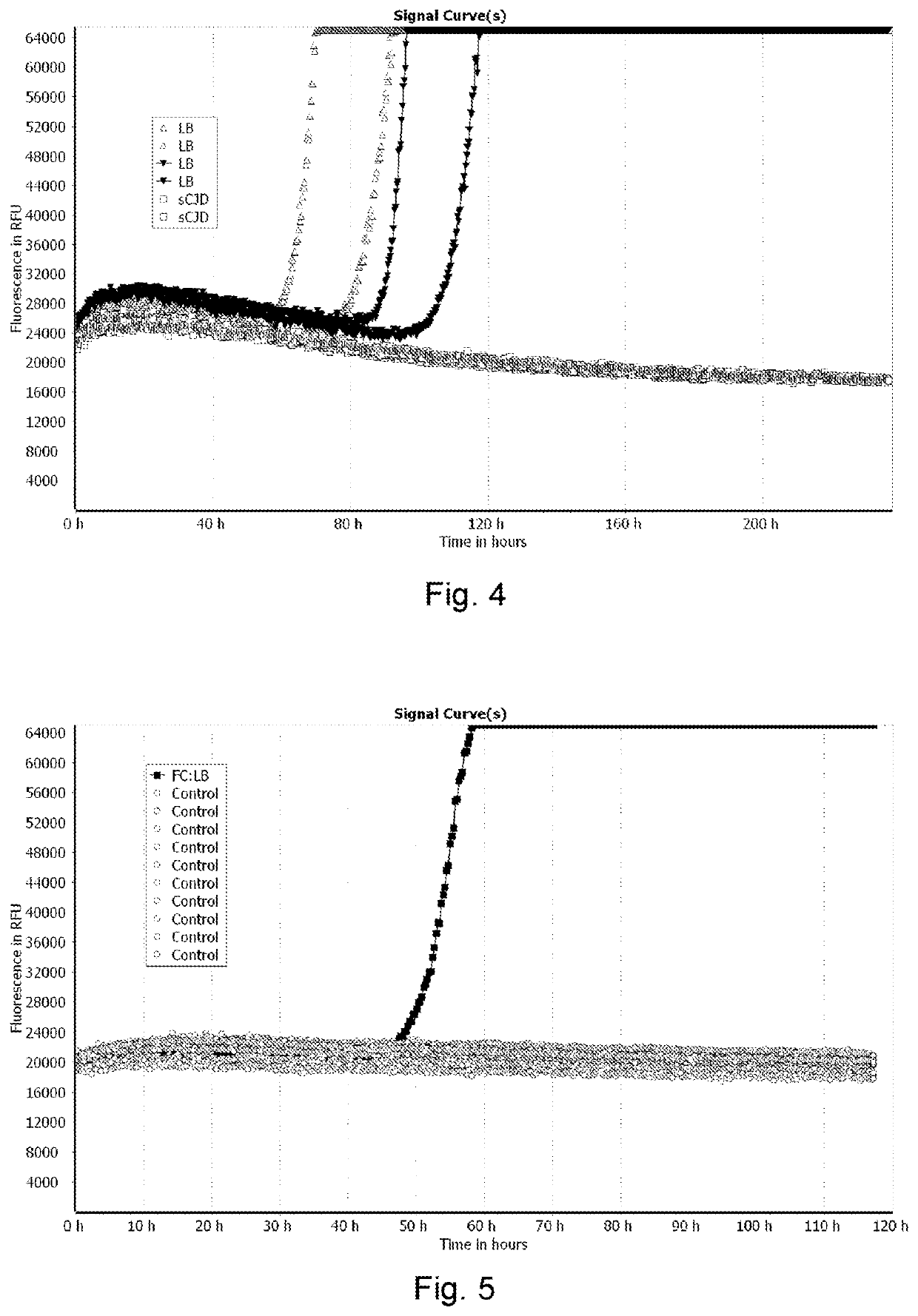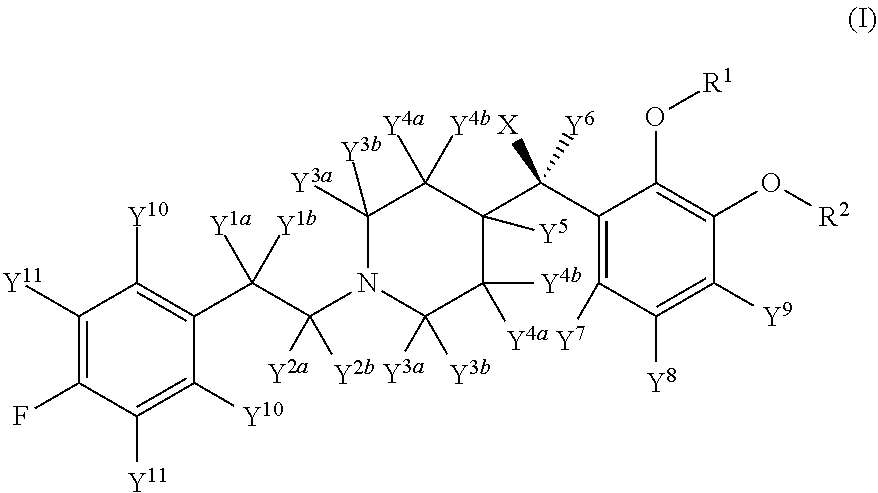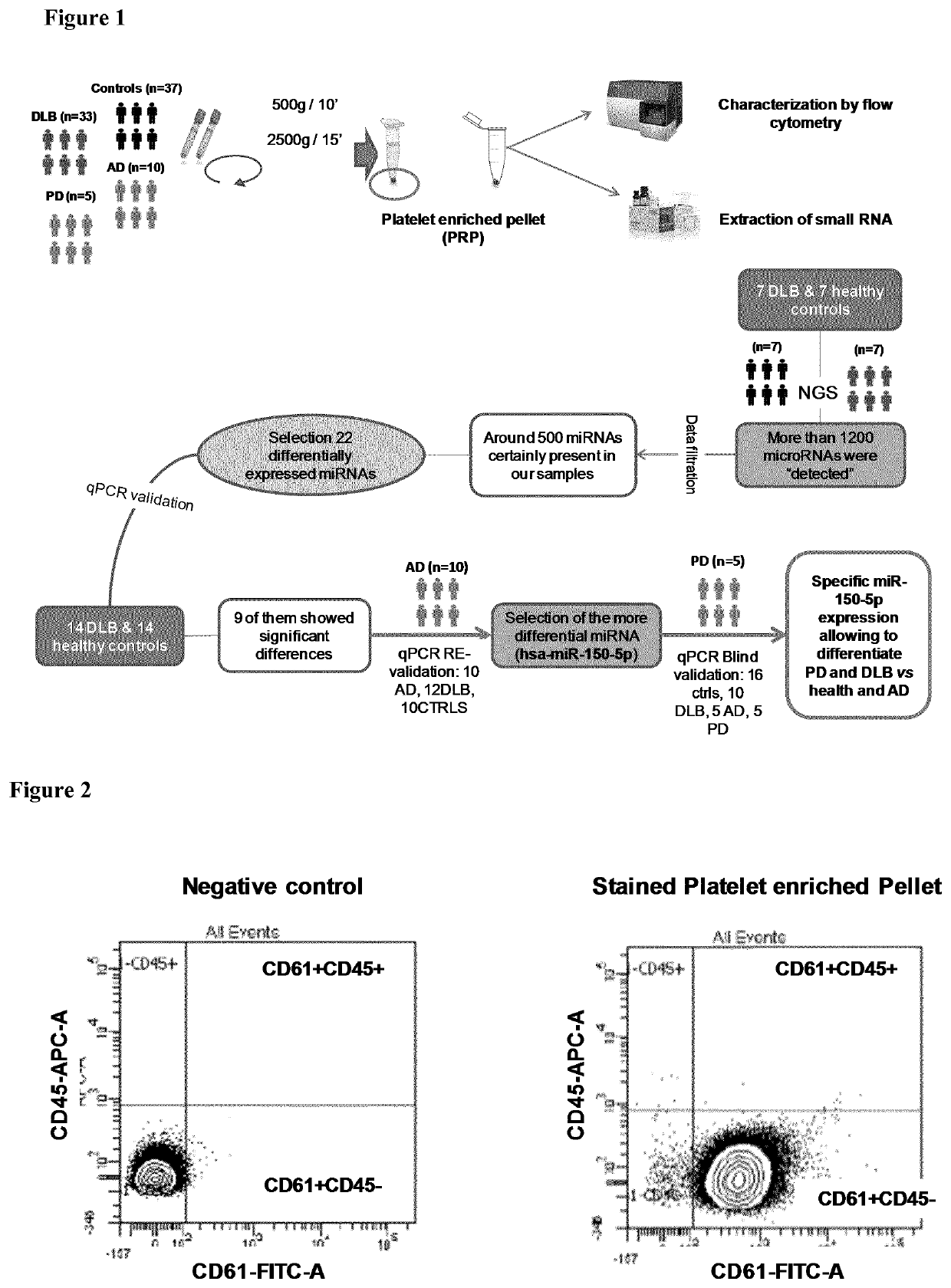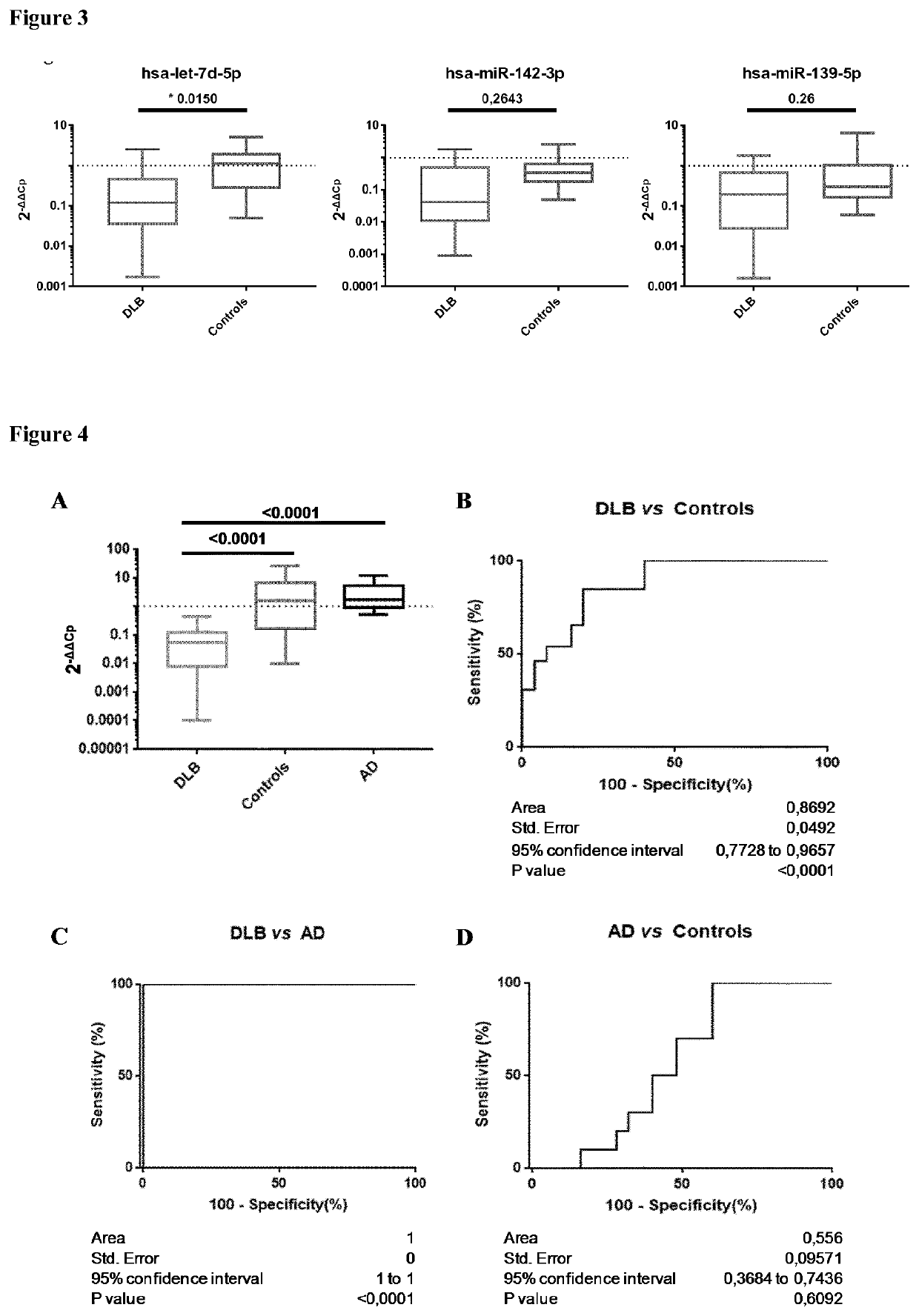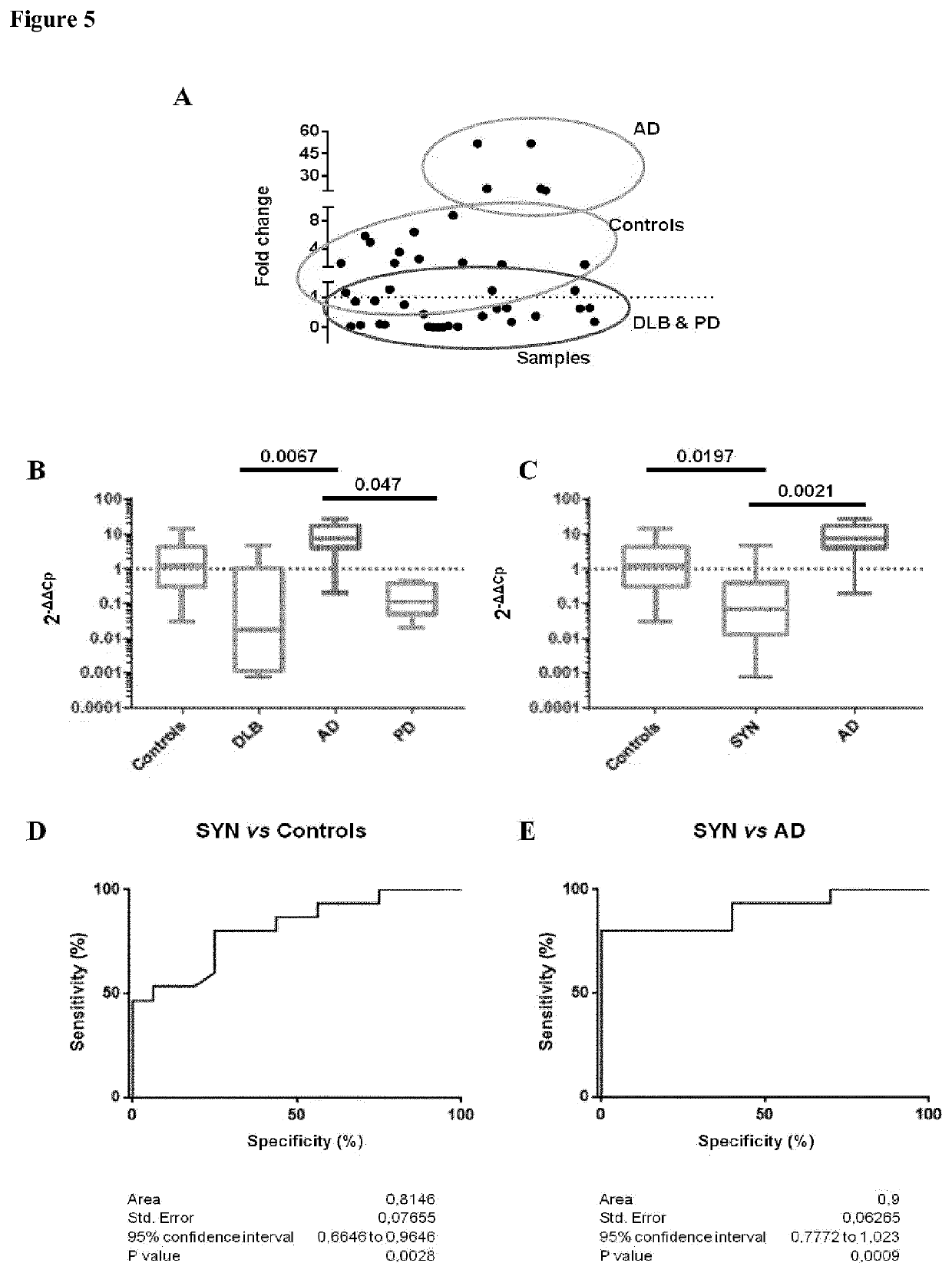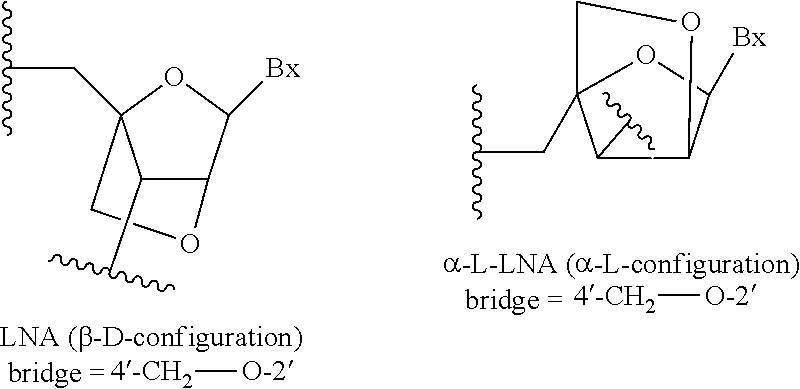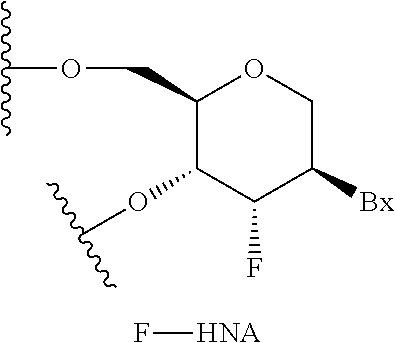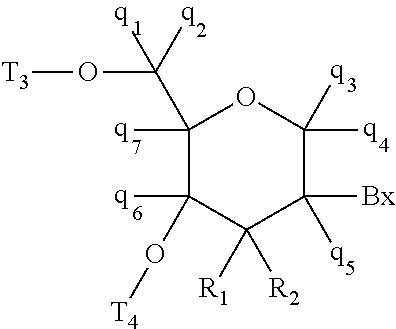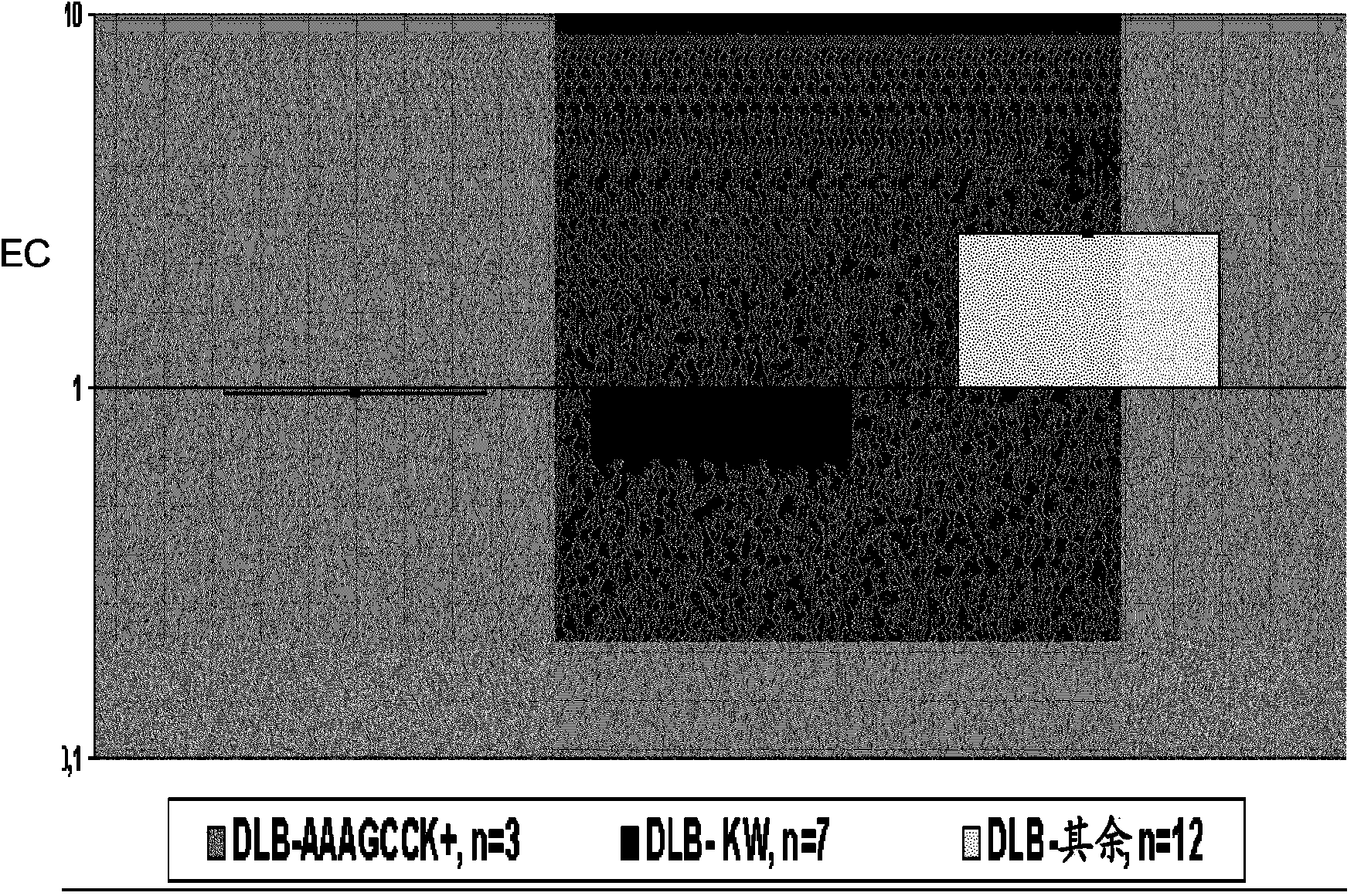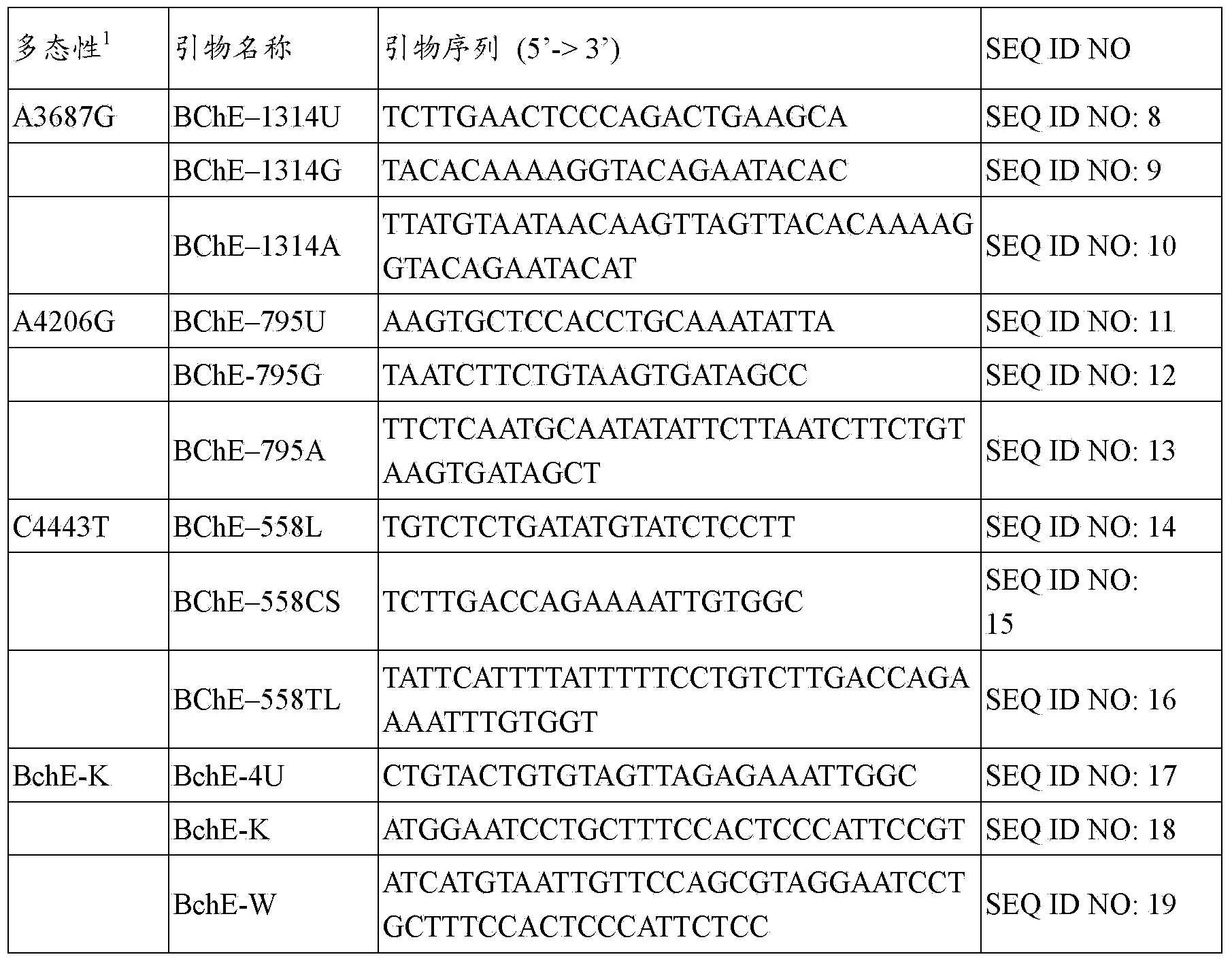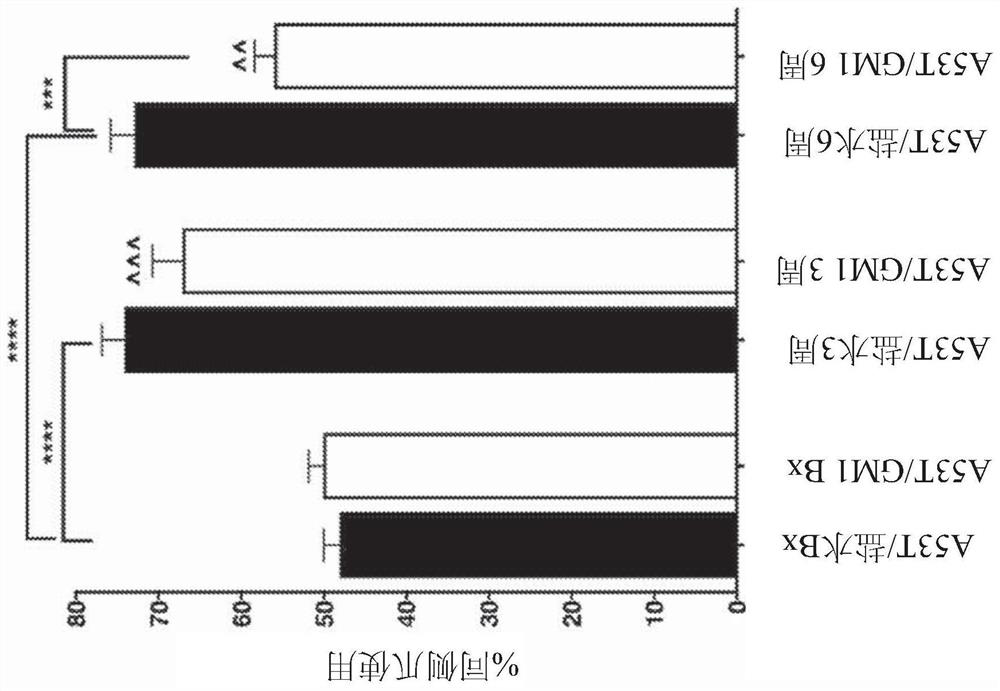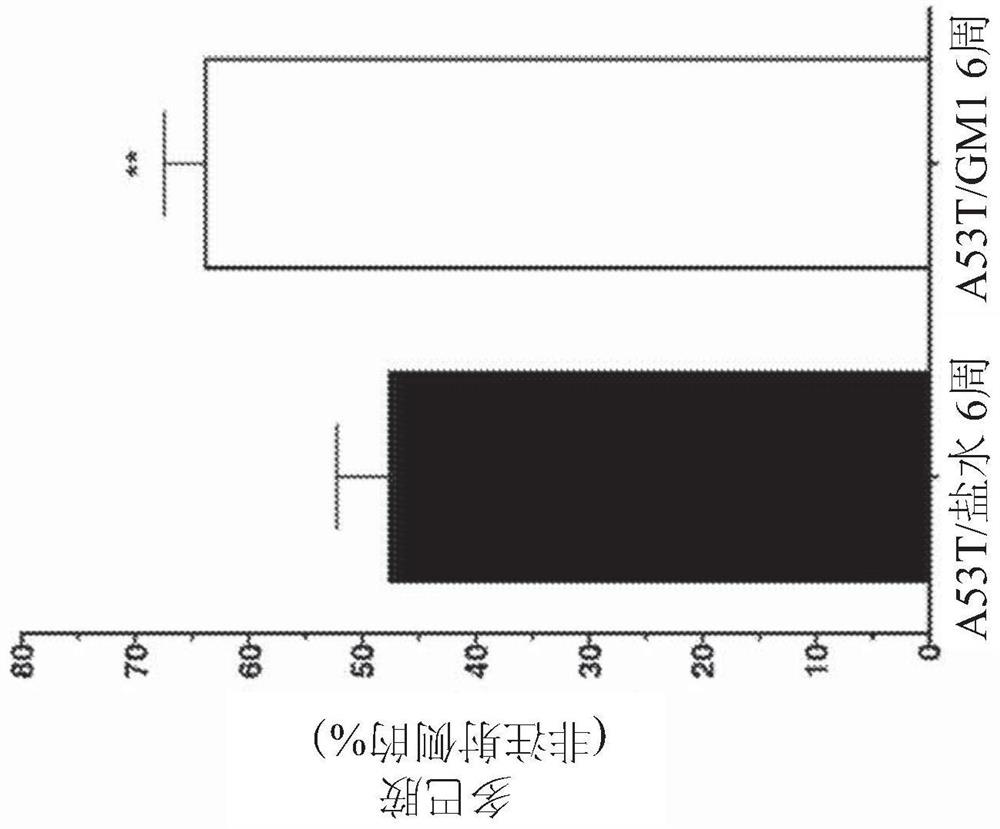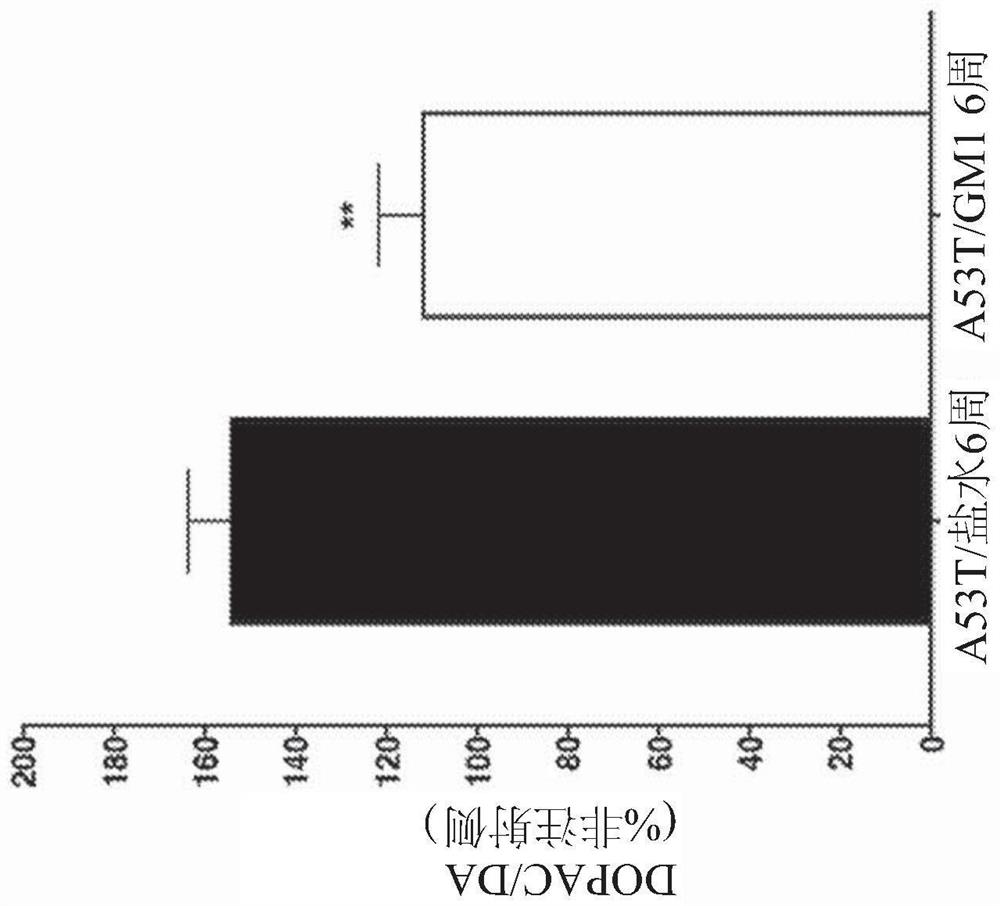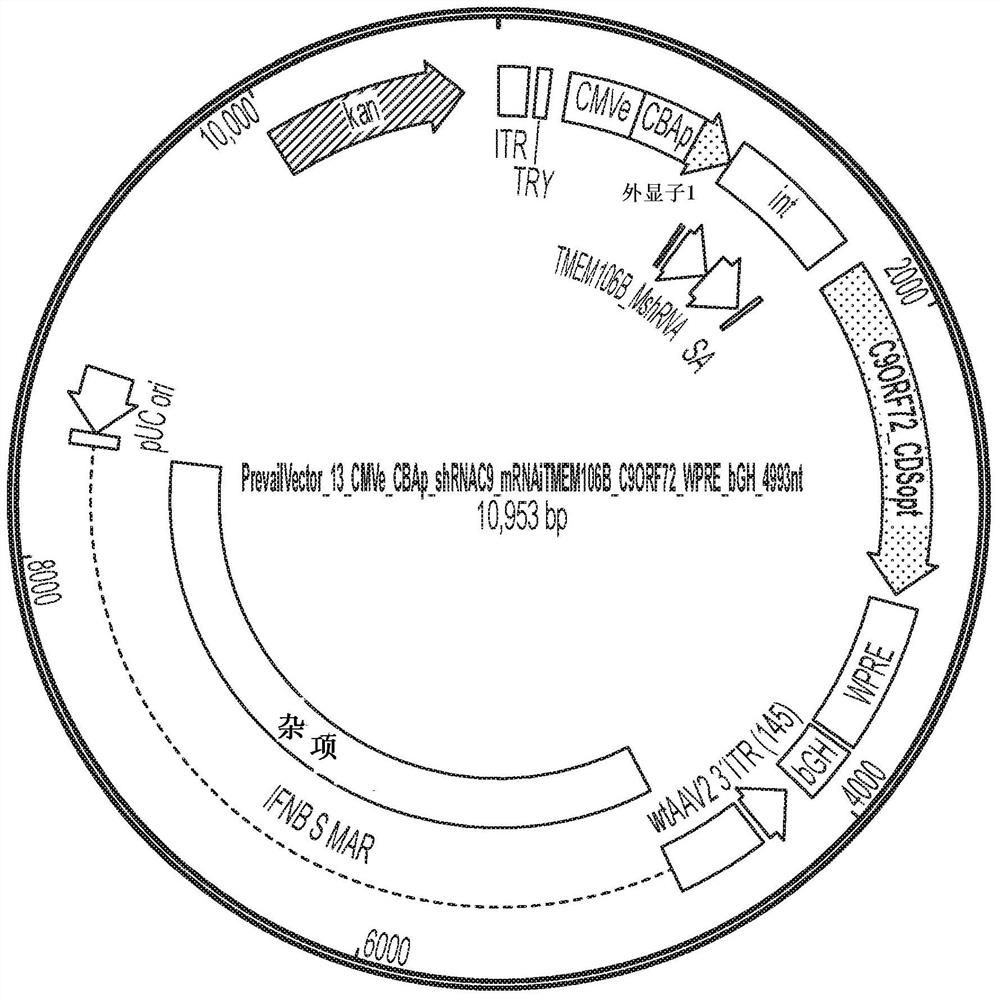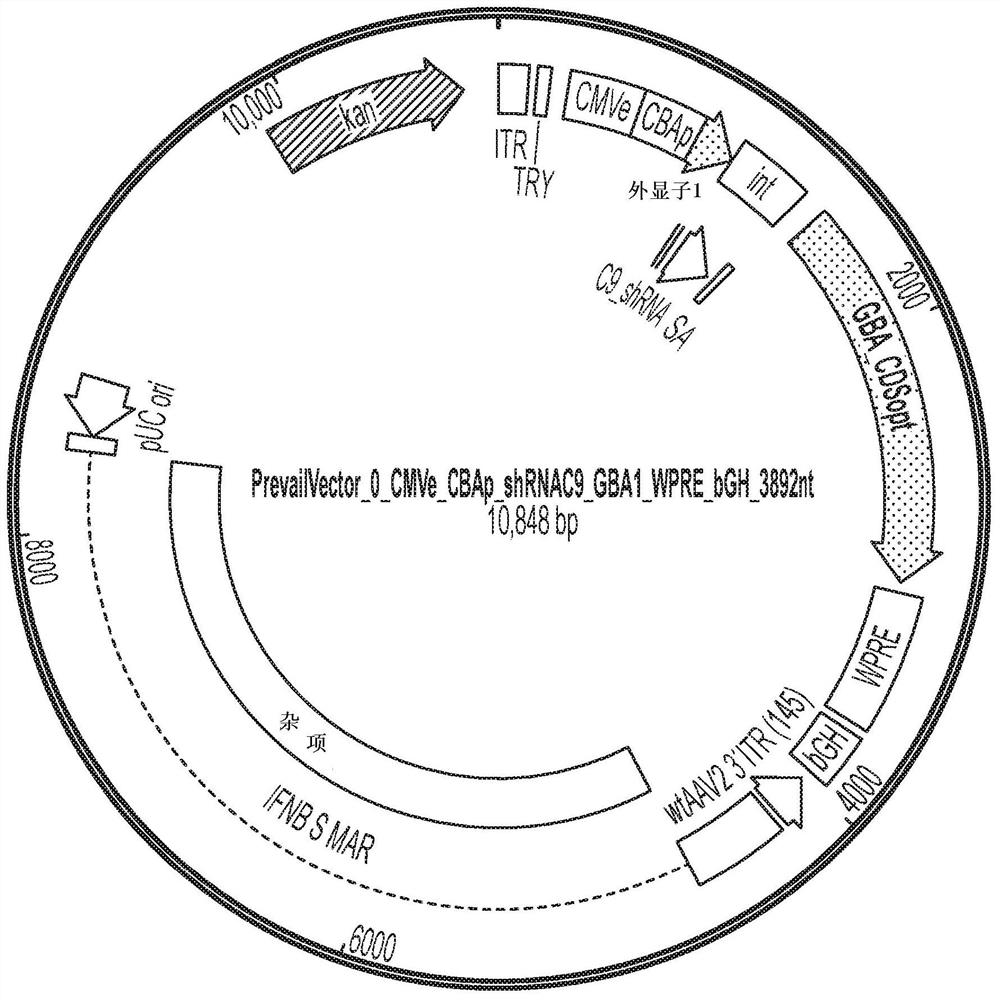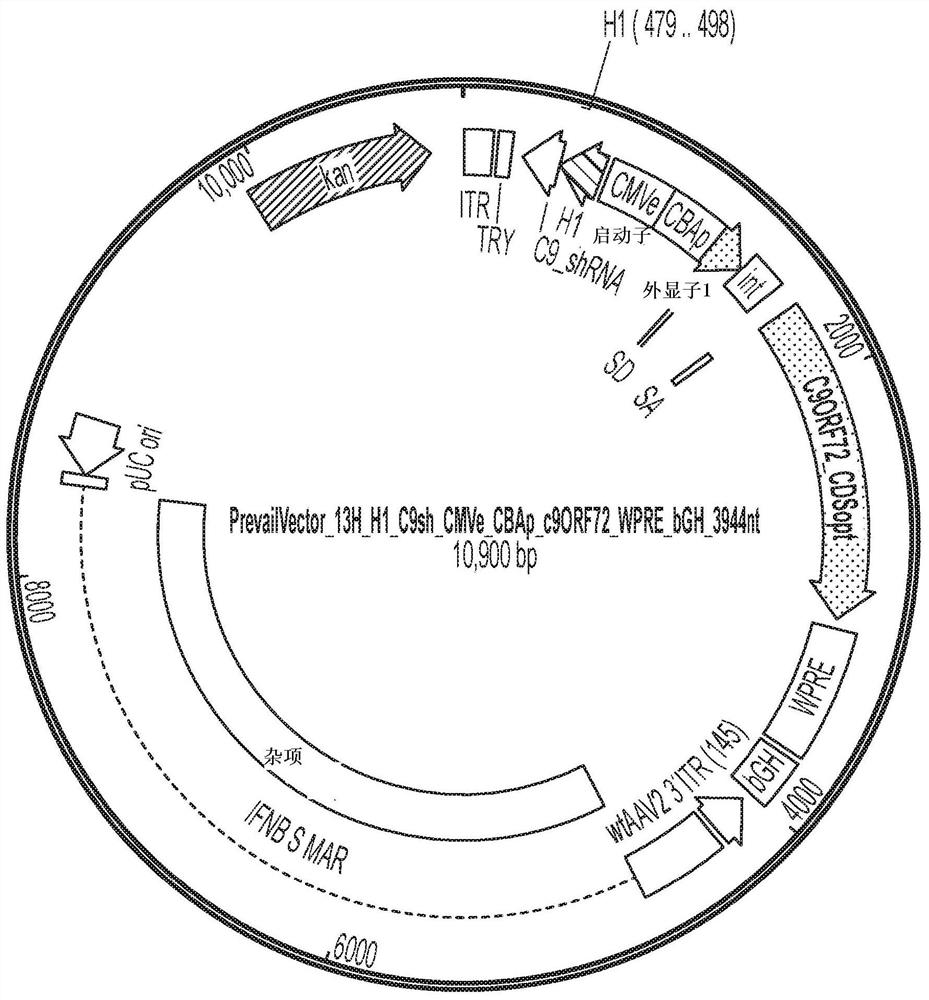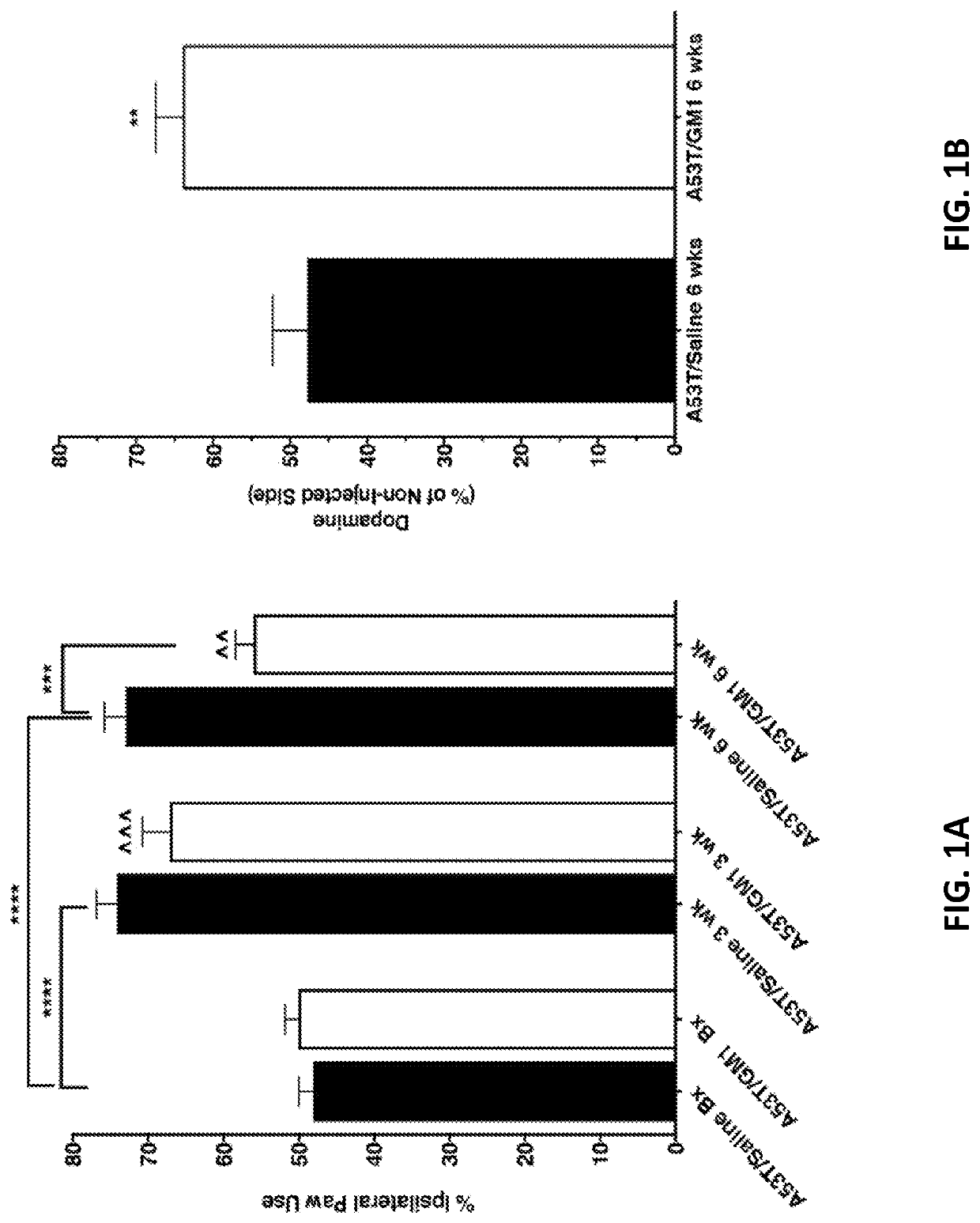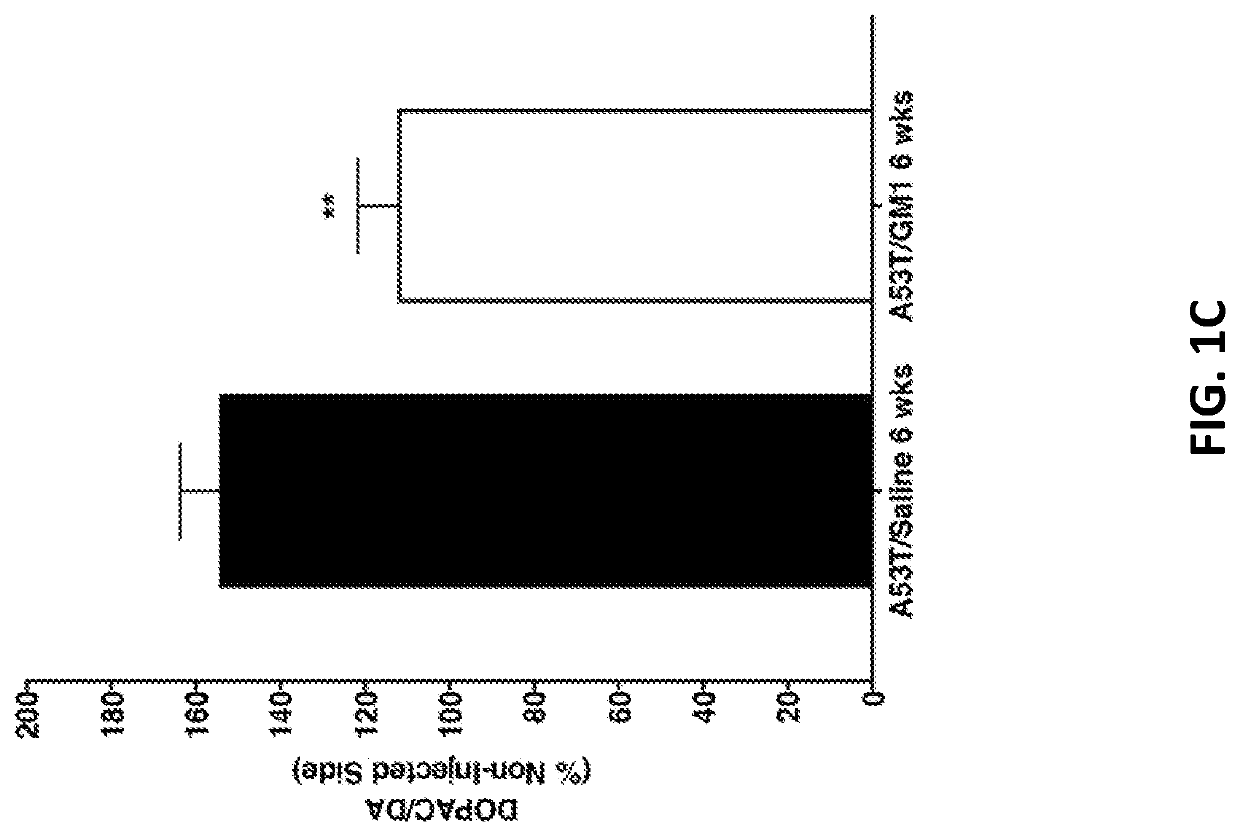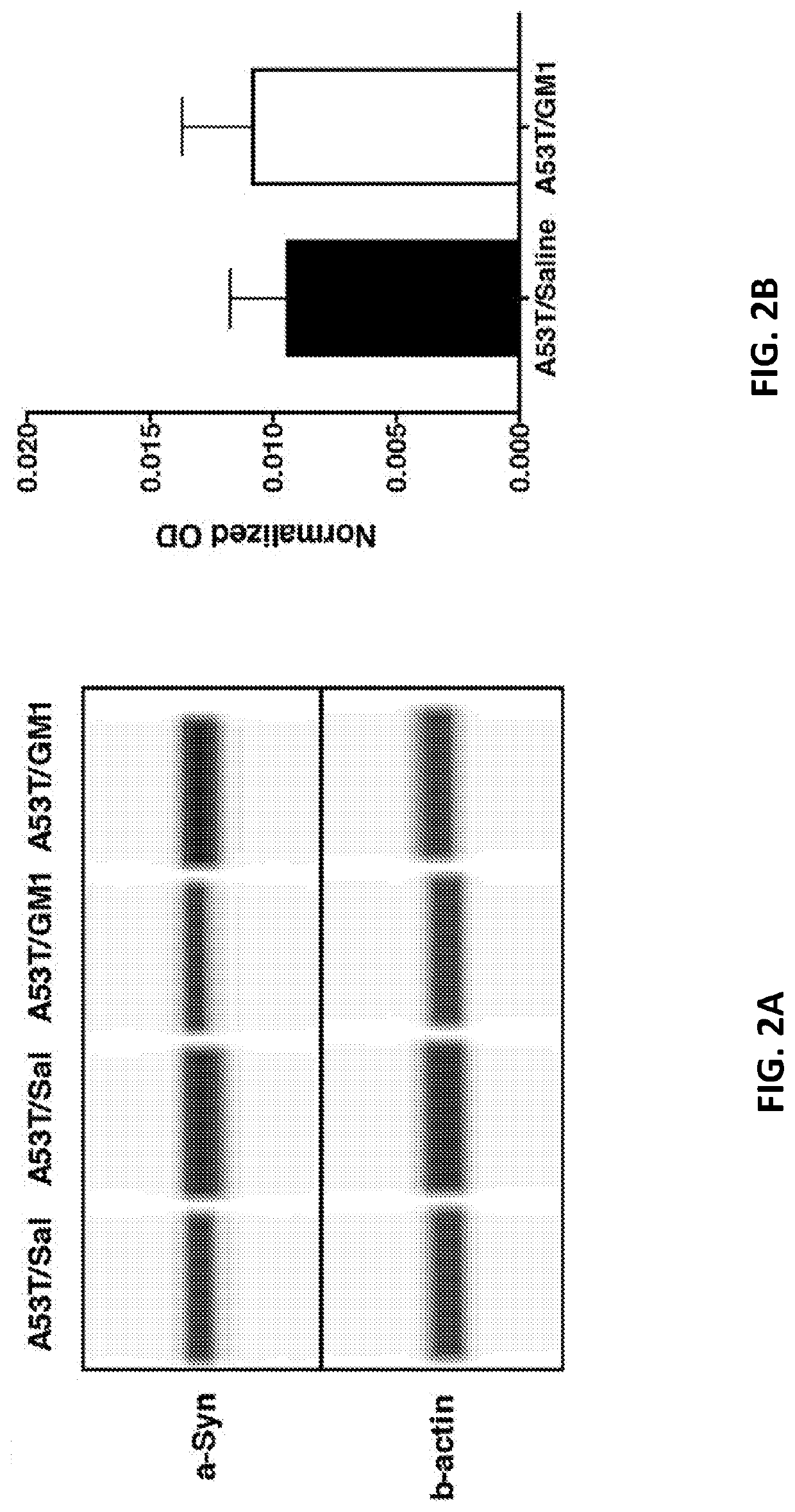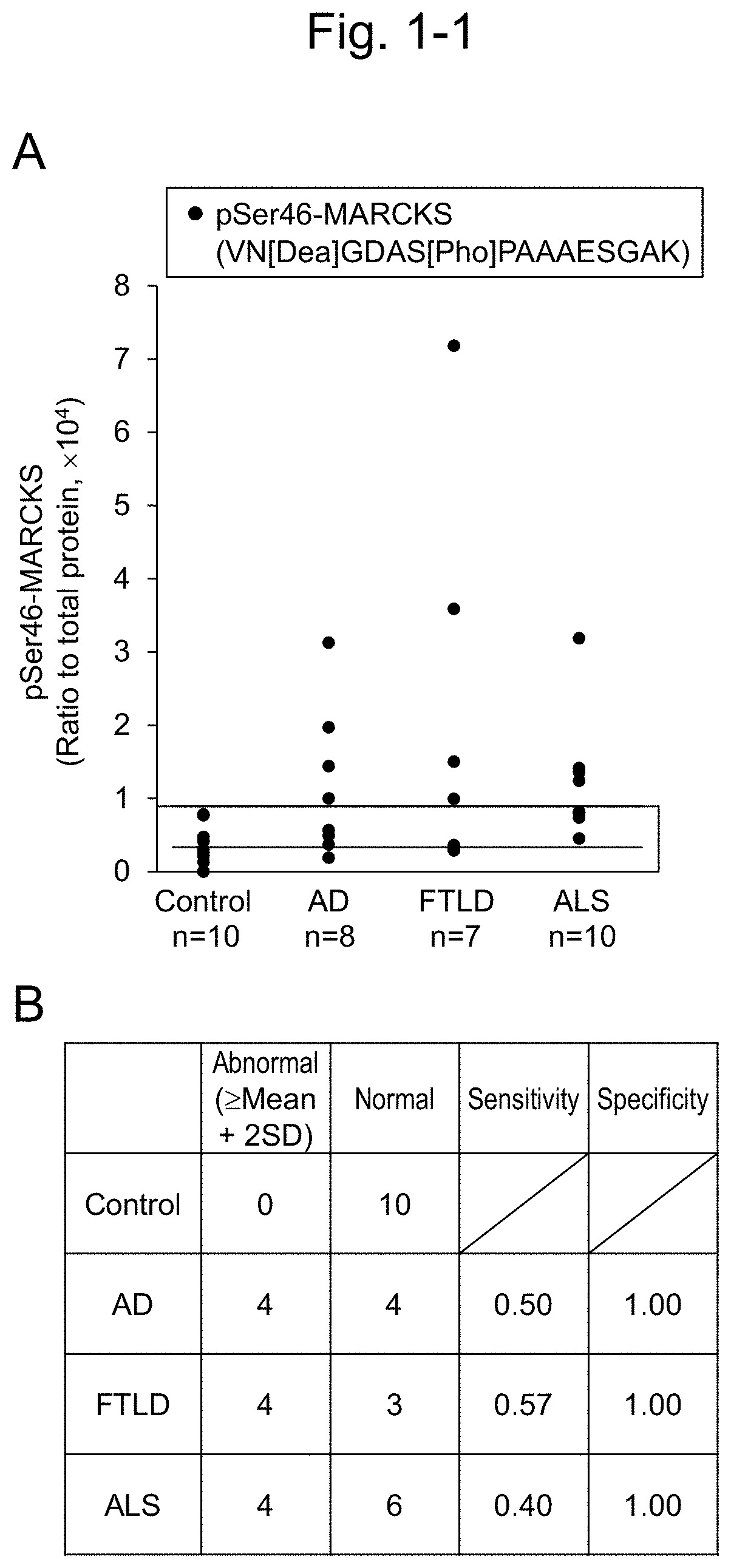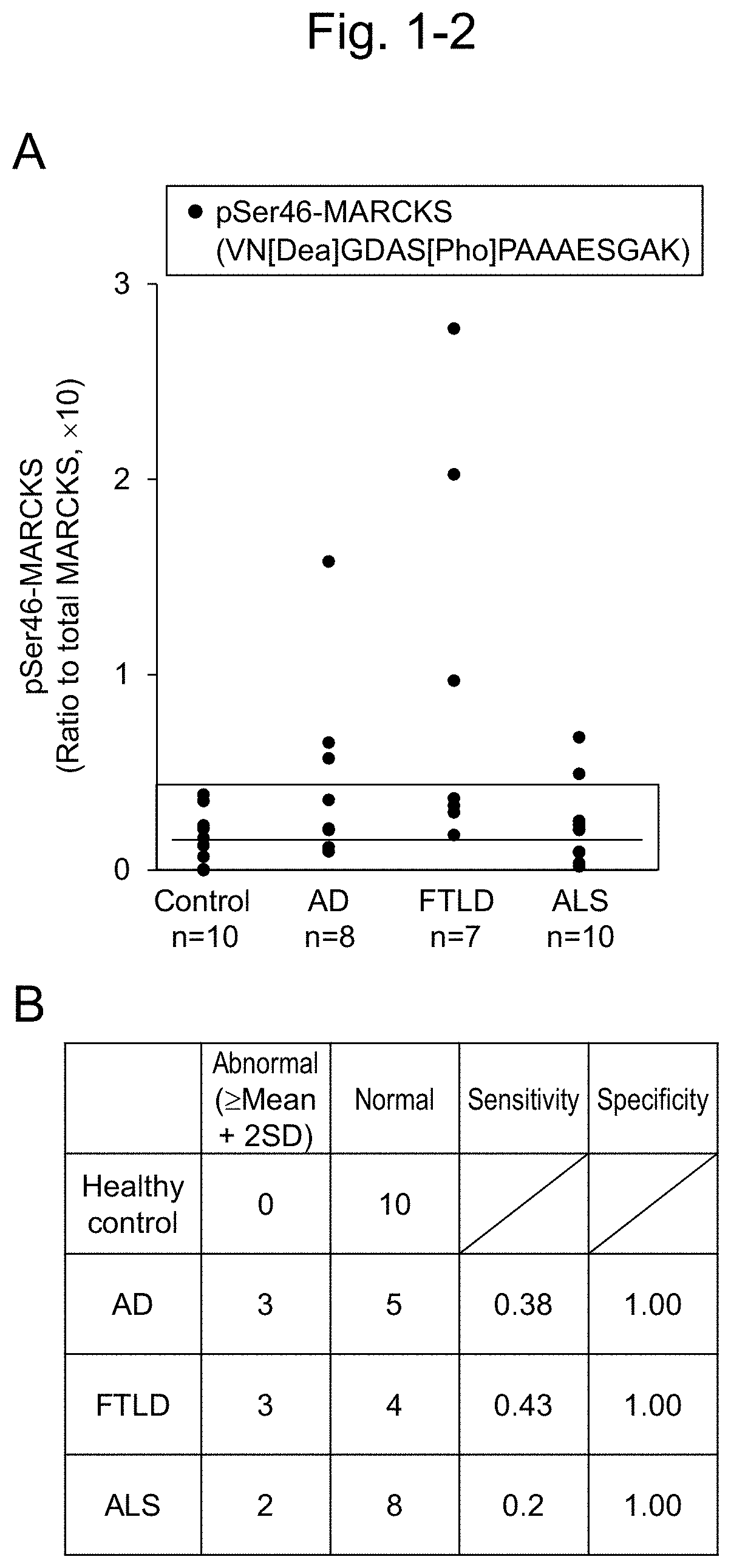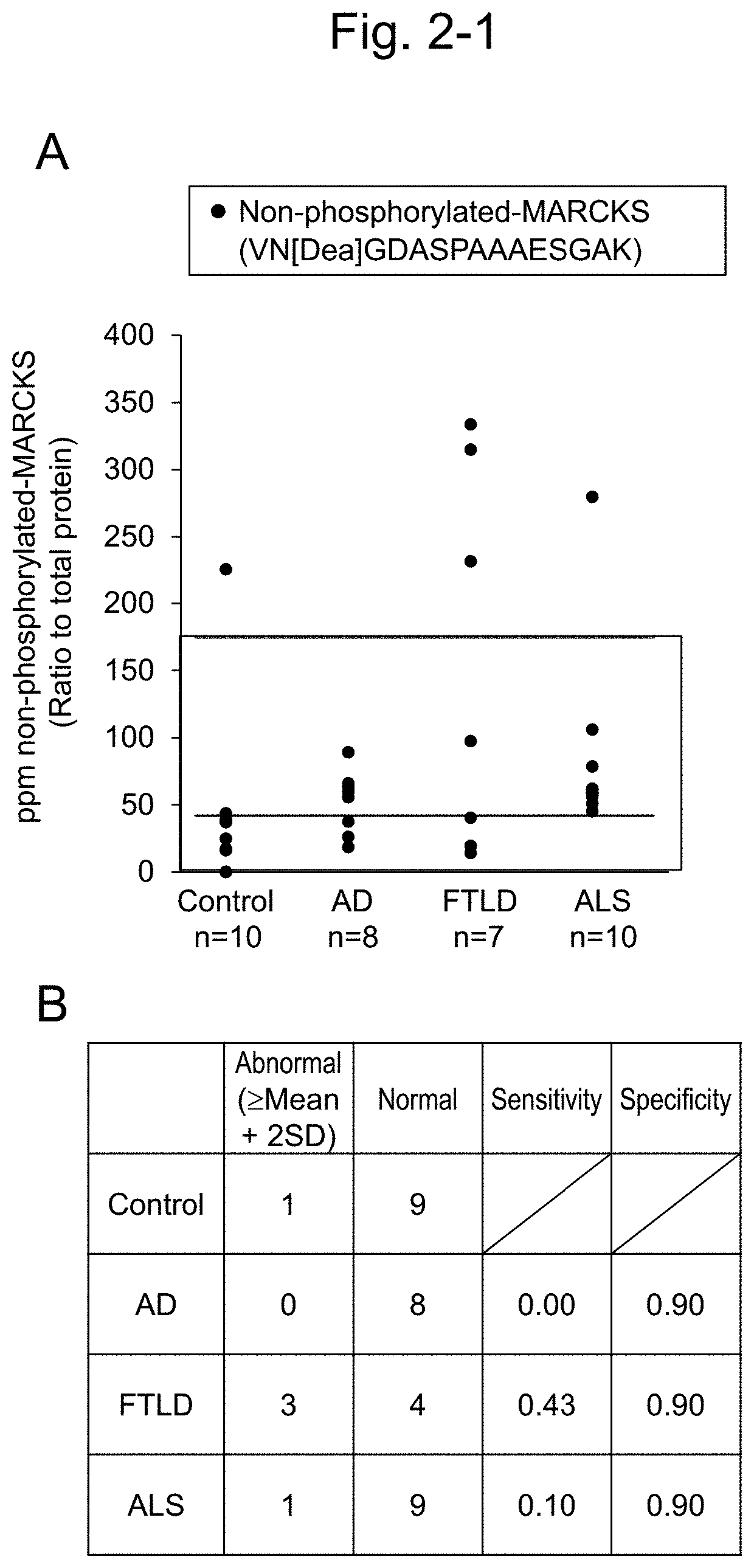Patents
Literature
Hiro is an intelligent assistant for R&D personnel, combined with Patent DNA, to facilitate innovative research.
42 results about "Lewy bodies dementia" patented technology
Efficacy Topic
Property
Owner
Technical Advancement
Application Domain
Technology Topic
Technology Field Word
Patent Country/Region
Patent Type
Patent Status
Application Year
Inventor
Lewy body dementia is characterized by the abnormal buildup of proteins into deposits known as Lewy bodies. This protein is also associated with Parkinson's disease.
Method for the prediction, diagnosis and differential diagnosis of Alzheimer's disease
InactiveUS20080057593A1Immunoglobulins against animals/humansDisease diagnosisDementia with Lewy bodiesAβ peptide
Methods are provided for the prediction, diagnosis and differential diagnosis of Alzheimer's disease. More particularly, a method is provided to determine whether a subject that does not show any clinical signs of Alzheimer's disease has a likelihood to develop Alzheimer's disease. Further a method is provided for the diagnosis of subjects suffering from Alzheimer's disease and / or for the differential diagnosis of subjects suffering from Alzheimer's disease versus subjects suffering from other dementias such as dementia with Lewy bodies. The methods are based on the determination of the ratio of specific Aβ peptides.
Owner:VANDERSTICHELE HUGO +4
Analogs of choline for neuroprotection and cognitive enhancement in neurodegenerative disorders
InactiveUS6881738B2Prevent further deteriorationIncrease awarenessBiocideNervous disorderParaneoplastic cerebellar degenerationDementia with Lewy bodies
The present invention relates to novel analogs of choline and methods of use or treatment of neurodegenerative disorders and / or conditions such as Parkinson's disease, Huntington disease, Alzheimer's disease and related disorders such as amyotrophic lateral sclerosis, spinal muscular atrophy, Friedrich's ataxia, Pick's disease, Bassen-Kornzweig syndrome, Refsom's disease, retinal degeneration, Cruetzfelt-Jacob syndrome or prion disease (mad cow disease), dementia with Lewy bodies, schizophrenia, paraneoplastic cerebellar degeneration and neurodegenerative conditions caused by stroke. The present compounds are effective to treat any neurological condition where acetylcholine transmission neurons and their target cells are affected. Compounds according to the present invention are effective to alleviate and / or reverse the effects of a neurodegenerative condition, prevent further deterioration and / or enhance cognition and memory in patients suffering from neurodegenerative disorders, especially Alzheimer's disease.
Owner:AUGUSTA UNIV RES INST INC +1
Screening method of infective gene capture probe related to dementia, capture genome, product and application
InactiveCN110684765AStrong specificityGood amplification effectMicrobiological testing/measurementDNA/RNA fragmentationPsychiatryMolecular genetics
The invention relates to the technical field of biology, and particularly provides a screening method of an infective gene capture probe related to dementia, a capture genome, a product and an application. The method provides a screening condition of the capture probe. The screening condition is optimized, and the method specifically comprises restriction on the related condition of selection of atarget section, the length of the capture probe, requirements on specificity, GC content, the number of probes and the like. The infective gene capture probe related to dementia comprises coding regions of 11 genes, infective genes for detecting five kinds of diseases of Alzheimer's disease, frontotemporal dementia, dementia related to Parkinson's diseases, dementia related to amyotrophic lateralsclerosis and lewy body dementia can be realized, and reference can be provided for molecular genetics diagnosis of ill individuals, screening of familial Alzheimer's diseases, frontotemporal dementia, the dementia related to Parkinson's diseases, the dementia related to amyotrophic lateral sclerosis and the lewy body dementia, and corresponding heredity consultation.
Owner:ZHEJIANG UNIV
Dementia therapeutic agent combining pyrazoloquinoline derivative and donepezil
PendingUS20200129501A1Good effectUseful in therapyNervous disorderHeterocyclic compound active ingredientsDonepezilQuinoline
There is provided a therapeutic agent for Alzheimer's disease and Lewy body dementia for combined use of (S)-7-(2-methoxy-3,5-dimethylpyridin-4-yl)-1-(tetrahydrofuran-3-yl)-1H-pyrazolo[4,3-c]quinoline-4(5H)-one represented by formula (1):or a pharmaceutically acceptable salt thereof, and donepezil represented by formula (II):or a pharmaceutically acceptable salt thereof.
Owner:EISIA R&D MANAGEMENT CO LTD
Disruption of the interaction between amyloid beta peptide and dietary lipids
InactiveUS20170354669A1Organic active ingredientsNervous disorderDementia with Lewy bodiesAmyloid beta
The present invention relates to methods of treating neurodegenerative disorders associated with Alzheimer's disease (AD), Parkinson's disease (PD) and synucleinopathies, such as dementia with Lewy bodies, Down Syndrome (DS) and associated cognitive disorders, multiple system atrophy, and rare neuroaxonal dystrophies, such as Niemann-Pick type C disease (NPC) and Gaucher's disease comprising administering an inhibitor to disrupt the interaction between Aβ or αS and neuronal lipids. The invention further relates to assays for identifying agents that reduce interaction between Aβ or αS and neuronal lipids. Lastly, the invention relates to methods and compositions for intranasal administration of fatty acids or lipids containing fatty acid acyl chains of dietary lipids for promoting central nervous system health and / or prevention or treatment of neurodegenerative disorders.
Owner:THE TRUSTEES OF COLUMBIA UNIV IN THE CITY OF NEW YORK
Application of transferrin and transferrin combined sodium oligomannate capsule and composition containing sodium oligomannate capsule
PendingCN112206315ARaise the level of awarenessOrganic active ingredientsNervous disorderLewy bodies dementiaLewy body
The invention provides application of transferrin and transferrin combined sodium oligomannate capsule and composition containing the sodium oligomannate capsule, and in particular relates to application of the transferrin or the transferrin combined sodium oligomannate capsule to preparation of a medicine for preventing or / and improving or / and treating dementia. and the composition containing thesodium oligomannate capsule comprises the sodium oligomannate capsule and the transferrin. The invention has the beneficial effects that the transferrin can improve the cognitive level of a dementiapatient, and with the combined use of the transferrin and the sodium oligomannate capsule, the effect of the sodium oligomannate capsule to prevent, improve and treat Alzheimer's disease and other types of dementia, such as vascular dementia, frontotemporal dementia, lewy body dementia,dementia caused by brain traumas and dementia caused by neuroinflammation, is further improved.
Owner:江苏豪思睦可生物科技有限公司
Use of 2-phenyl-6-(1h-imidazol-1-yl)quinazoline for treating neurodegenerative diseases, preferably alzheimer's disease
PendingCN113811304AOrganic active ingredientsNervous disorderNeuro-degenerative diseasePharmaceutical medicine
The invention concerns a compound of formula 2-phenyl-6-(1H-imidazol-1-yl)quinazoline or a pharmaceutically acceptable salt thereof for use in the treatment of a neurodegenerative disease. The neurodegenerative disease is a disease selected from the group consisting of Alzheimer's disease, Lewy body dementia, frontotemporal dementia, amyotrophic lateral sclerosis, Huntington disease, prion diseases, HIV-associated dementia and any form of cognitive disorders linked to neurodegeneration, preferably Alzheimer's disease.
Owner:ROTTAPHARM BIOTECH SRL
Treatment of parkinson's disease obstructive sleep apnea, dementia with lewy bodies, vascular dementia with non-imidazole alkylamines histamine h3- receptor ligands
ActiveCN101171009AImproved daytime sleepinessDaytime sleepiness decreasedOrganic active ingredientsNervous disorderDementia with Lewy bodiesDisease
The present invention provides new method of treatment of Parkinson's disease, obstructive sleep apnea, narcolepsy, dementia with Lewy bodies, vascular dementia with non-imidazole alkylamine derivatives that constitute antagonists of the H3-receptors of histamine.
Owner:BIOPROJET
Variant rnai against alpha-synuclein
Provided herein are RNAi molecules for treating neurodegenerative synucleinopathies. In some embodiments, the RNAi molecules target expression of alpha-synuclein (SNCA). Further provided herein are expression constructs, vectors ( e.g rAAV), cells, viral particles, and pharmaceutical compositions containing the RNAi. Yet further provided herein are methods and kits related to the use of the RNAi, for example, to treat neurodegenerative synucleinopathies including Parkinson's disease, multiple system atrophy, and dementia with Lewy bodies.
Owner:GENZYME CORP
Combination of baclofen, acamprosate and medium chain triglycerides for the treatment of neurological disorders
ActiveUS10905672B2Improve cognitive functionProtected growthNervous disorderMuscular disorderNervous systemSpinal cord lesion
The present invention relates to combinations and methods for the treatment of neurological disorders related to amyloid beta toxicity and / or neuronal death and / or glucose-impaired neuronal metabolism. More specifically, the present invention relates to novel combinatorial therapies of Alzheimer's disease, Alzheimer's disease-related disorders, frontotemporal dementia, Parkinson's disease, Lewy body dementia, Huntington's disease, peripheral neuropathies, alcoholism or alcohol withdrawal, neurological manifestations of drug abuse or drug abuse withdrawal, amyotrophic lateral sclerosis, multiple sclerosis, spinal cord injury, epilepsy, traumatic brain injury or brain ischemic events based on baclofen, acamprosate and at least one medium chain triglyceride.
Owner:PHARNEXT
3-(benzylamino)-4-(cyclohexylamino)-n-(2-(piperazin-1-yl)ethyl)benzenesulfonamide derivatives and related ferrostatin-1 analogues as cell death inhibitors for treating e.g. stroke
The present invention relates to 3-(benzylamino)-4-(cyclohexylamino)-N-(2-(piperazin-1-yl)ethyl)benzenesulfonamide derivatives and related ferrostatin-1 (Fer-1) analogues as cell death inhibitors by inhibition of ferroptosis and / or oxytosis for the treatment of stroke, myocardial infarction, diabetes, sepsis, the prevention of transplant rejection, neurodegenerative diseases including Alzheimer's disease, Parkinson's disease, amyotrophic lateral sclerosis, multiple sclerosis, Huntington's disease, dementia with Lewy bodies and Friedreich's ataxia. The present invention further relates to pharmaceutical compositions of these compounds and discloses methods for making the compounds and the corresponding intermediate.
Owner:UNIVERSITY OF ANTWERP +2
Deuterated forms and derivatives of volinanserin
PendingCN113747870ALow effective doseToxic side effects are minimizedHormone peptidesOrganic active ingredientsDiseaseSchizo-affective type
Deuterated forms of volinanserin according to structural formula (I), and their pharmaceutically acceptable salts, pharmaceutical compositions containing these compounds, and methods of treatment or prevention using these compounds or pharmaceutical compositions are described. The compounds are useful for treating or preventing a disease or condition selected from psychosis, schizophrenia, schizoaffective disorder, Parkinson's disease, Lewy body dementia, sleep disorder (including insomnia), agitation, mood disorder (including depression), thromboembolic disorder, autism, and attention deficit hyperactivity disorder.
Owner:TERRAN BIOSCIENCES INC
4,4a,5,7-TETRAHYDRO-3H-FURO[3,4-b]PYRIDINYL COMPOUNDS
The present invention relates to 4,4a,5,7-tetrahydro-3H-furo[3,4-b]pyridinyl compound inhibitors of beta-site APP-cleaving enzyme having the structure shown in Formula (I)wherein the radicals are as defined in the specification. The invention is also directed to pharmaceutical compositions comprising such compounds, to processes for preparing such compounds and compositions, and to the use of such compounds and compositions for the prevention and treatment of disorders in which beta-site APP-cleaving enzyme is involved, such as Alzheimer's disease (AD), mild cognitive impairment, preclinical Alzheimer's disease, senility, dementia, dementia with Lewy bodies, Down's syndrome, dementia associated with stroke, dementia associated with Parkinson's disease, and dementia associated with beta-amyloid.
Owner:JANSSEN PHARMA NV
Novel molecules for therapy and diagnosis
PendingCN114206444ANervous disorderImmunoglobulins against animals/humansAntiendomysial antibodiesAntigen Binding Fragment
The present invention relates to novel molecules useful in the prevention, amelioration, treatment and / or diagnosis of diseases, disorders and abnormalities associated with alpha-synuclein (a-synuclein, A-synuclein, a-synuclein, A-syn, alpha-syn, aSyn, a-syn) aggregates, including, but not limited to, Lewy bodies and / or Lewy neurons, such as, but not limited to, Alpha-synuclein, Alpha-synuclein, Alpha-synuclein, Alpha-synuclein, Alpha-synuclein, Alpha-synuclein, Alpha-synuclein, Alpha-synuclein, Alpha-synuclein, Alpha-synuclein, Alpha-synuclein and Alpha-synuclein. For example, Parkinson's disease, multi-system atrophy, dementia with Lewy bodies (LBD; dementia with Lewy bodies (DLB) ('pure 'dementia with Lewy bodies), dementia with Parkinson's disease (PDD) or diffuse Lewy body disease. The present invention relates to alpha-synuclein binding molecules, in particular alpha-synuclein antibodies or antigen binding fragments or derivatives thereof, and uses thereof. The molecules of the invention may also be used to determine the predisposition of predisposition to such a condition, disease, or abnormality, to monitor a residual condition, disease, or abnormality, or to predict the responsiveness of a patient suffering from such a condition, disease, or abnormality to a treatment with a certain drug.
Owner:AC IMMUNE SA
Methods for treating proteinopathies
PendingUS20200197374A1Reduce and reverse and prevent protein aggregationAmeliorate memory deficitOrganic active ingredientsNervous disorderProtein aggregationPharmaceutical drug
This disclosure relates to a method of treating a proteinopathy in a subject, the method comprising administering to the subject an effective amount of a quinuclidine compound. The disclosure also relates to a method of reducing, reversing or preventing the accumulation of protein aggregates in tissue of a subject diagnosed as having a proteinopathy, or being at risk of developing a proteinopathy, the method comprising administering to the subject an effective amount of a quinuclidine compound. Also disclosed is a pharmaceutical composition comprising a quinuclidine compound for use in said methods. The proteinopathy may be a synucleinopathy or a tauopathy, such as Parkinson's disease, Alzheimer's disease or dementia with Lewy bodies.
Owner:GENZYME CORP
Alpha-synuclein detection assay and method for diagnosing alpha-synucleinopathies
ActiveUS11099197B2High sensitivityStrong specificityDisease diagnosisBiological testingAssayProtein aggregation
A method of detecting the presence of alpha-synuclein aggregation in a biological sample is provided whereby a biological sample is mixed with a reaction sample comprising a population of beads, a fluorophore adapted to bind to protein aggregates and to increase fluorescence when bound to protein aggregates, and alpha-synuclein or a fragment or variant thereof to form a reaction mixture, the reaction mixture is illuminated and at the same time incubated with intermittent agitation cycles, wherein a significant increase in the fluorescence of the reaction mixture during incubation is indicative of the presence of aggregates of alpha-synuclein in the biological sample. Method of diagnosing alpha-synucleinopathies such as Parkinson's disease or Dementia with Lewy Bodies.
Owner:THE UNIV COURT OF THE UNIV OF EDINBURGH
4-amino-6-phenyl-6,7-dihydro[1,2,3]triazolo[1,5-a]pyrazine derivatives as inhibitors of beta-secretase (BACE)
The present invention relates to novel 6,7-dihydro[1,2,3]triazolo[1,5-a]pyrazin- 6-yl derivatives as inhibitors of beta-secretase, also known as beta-site amyloid cleaving enzyme, BACE, in particular BACE1 and / or BACE2 (wherein BACE1, is also known as Asp2, or memapsin2 and BACE2 is also known as Asp1, Memapsin 1 or DRAP). The invention is also directed to pharmaceutical compositions comprising such compounds, to processes for preparing such compounds and compositions, and to the use of such compounds and compositions for the prevention and treatment of disorders in which beta-secretase is involved, such as Alzheimer's disease (AD), mild cognitive impairment, senility, dementia, dementia with Lewy bodies, Down's syndrome, dementia associated with stroke, dementia associated with Parkinson's disease, dementia of the Alzheimer's type, dementia associated with beta-amyloid, age- related macular degeneration, type 2 diabetes and other metabolic disorders.
Owner:JANSSEN PHARMA NV
Amyloid beta oligomer specific binding molecule
ActiveUS11104725B2Lower Level RequirementsReduce riskNervous disorderImmunoglobulins against animals/humansHuntingtons choreaFibrosis
This disclosure relates to an amyloid beta peptide (Aβ)-oligomer-specific antigen binding molecule and the use thereof as a diagnostic agent or as a therapeutic agent for the treatment or prevention of Alzheimer's Disease, Down's syndrome, mild cognitive impairment, cerebral amyloid angiopathy, vascular dementia, multi-infarct dementia, Parkinson's disease, Dementia with Lewy Bodies, Huntington's disease, Creutzfeldt-Jakob disease, cystic fibrosis, or Gaucher's disease.
Owner:DEGENRX BV
Application of transferrin combined GV-971 capsule and composition containing GV-971 capsules
ActiveCN111514282AImprove preventionImprove Alzheimer's diseaseOrganic active ingredientsNervous disorderPharmaceutical drugLewy bodies dementia
The invention provides an application of a transferrin combined GV-971 capsule and a composition containing the GV-971 capsule. The invention also discloses an application of the transferrin combinedGV-971 capsule in preparation of drugs for preventing or / and improving or / and treating dementia or / and cognitive impairment. The composition containing the GV-971 capsules comprises the GV-971 capsules and transferring. The beneficial effects are as follows that the transferrin and the GV-971 capsules are combined for use, so that the effect of the GV-971 capsules on preventing, improving and treating Alzheimer's disease and other types of dementia such as vascular dementia, frontal temporal dementia, lewis body dementia and cognitive disorder caused by infection is further improved.
Owner:江苏豪思睦可生物科技有限公司
Dementia therapeutic agent combining pyrazoloquinoline derivative and donepezil
ActiveUS11179387B2Good effectUseful in therapyNervous disorderHeterocyclic compound active ingredientsDonepezilQuinoline
Owner:EISIA R&D MANAGEMENT CO LTD
Alpha-Synuclein Detection Assay and Method for Diagnosing Alpha-Synucleinopathies
PendingUS20210263049A1High sensitivityStrong specificityDisease diagnosisBiological testingAssayProtein aggregation
A method of detecting the presence of alpha-synuclein aggregation in a biological sample is provided whereby a biological sample is mixed with a reaction sample comprising a population of beads, a fluorophore adapted to hind to protein aggregates and to increase fluorescence when bound to protein aggregates, and alpha-synuclein or a fragment or variant thereof to forum a reaction mixture, the reaction mixture is illuminated and at the same time incubated with intermittent agitation cycles, wherein a significant increase in the fluorescence of the reaction mixture during incubation is indicative of the presence of aggregates of alpha-synuclein in the biological sample. Method of diagnosing alpha-synucleinopathies such as Parkinson's disease or Dementia with Lewy Bodies.
Owner:THE UNIV COURT OF THE UNIV OF EDINBURGH
Deuterated Forms And Derivatives Of Volinanserin
PendingUS20220106272A1Minimizing toxic side effectReduce expensesHormone peptidesOrganic active ingredientsSchizo-affective typeThromboembolic disorder
Deuterated forms of volinanserin according to structural formula (I), and their pharmaceutically acceptable salts, pharmaceutical compositions containing these compounds, and methods of treatment or prevention using these compounds or pharmaceutical compositions are described. The compounds are useful for treating or preventing a disease or condition selected from psychosis, schizophrenia, schizoaffective disorder, Parkinson's disease, Lewy body dementia, sleep disorder (including insomnia), agitation, mood disorder (including depression), thromboembolic disorder, autism, and attention deficit hyperactivity disorder.
Owner:TERRAN BIOSCIENCES INC
In vitro method for the diagnosis of synucleinopathies
PendingUS20220162699A1Non-invasiveQuick and easy implementationMicrobiological testing/measurementDisease diagnosisLewy bodies dementiaVitro diagnostics
In vitro method for the diagnosis of synucleinopathies. The present invention is directed to an in vitro method for the specific diagnosis of a synucleinopathy and / or for the differential diagnosis of a synucleinopathy from Alzheimer disease (AD). In a preferred embodiment, the synucleinopathy is Dementia with Lewy bodies (DLB) or Parkinson's disease (PD).
Owner:FUNDACIO INST DINVESTIGACIO & CIENCIES DE LA SALUT GERMANS TRIAS I PUJOL
Compounds and methods for increasing stmn2 expression
PendingUS20210252039A1High activityReduce the amount of solutionOrganic active ingredientsNervous disorderAmyotrophic lateral sclerosisNeuro-degenerative disease
Provided are compounds, methods, and pharmaceutical compositions for increasing the amount or activity of STMN2 RNA in a cell or animal, and in certain embodiments increasing the amount of STMN2 protein in a cell or animal. Such compounds, methods, and pharmaceutical compositions are useful to ameliorate at least one symptom of a neurodegenerative disease. Such symptoms include ataxia, neuropathy, synaptic dysfunction, deficits in cognition, and decreased longevity. Such neurodegenerative diseases include amyotrophic lateral sclerosis (ALS), frontotemporal dementia (FTD), Alzheimer's disease (AD), and dementia with Lewy bodies (DLB).
Owner:IONIS PHARMA INC +1
Genetic marker for the diagnosis of dementia with lewy bodies
Specific polymorphisms in BChE gene have been found which allow determining whether a patient suffers from dementia with Lewy bodies (DLB), and allow distinguishing it from Alzheimer's disease. The invention provides an in vitro method for the diagnosis of DLB comprising determining in a biological sample from a subject, the genotype of the following polymorphisms in butyrylcholinesterase (BChE) gene: the polymorphic site at position 3687 in NCBI Accession Number NG_009031 (i.e. SEQ ID NO: 1 ) the polymorphic site at position 4206 in SEQ ID NO: 1, the polymorphic site at position 4443 in SEQ ID NO: 1. and the polymorphic site at position 68974 in NCBI Accession Number NG_009031 (i.e. position 934 in SEQ ID NO: 26).
Owner:AUTONOMOUS UNIVERSITY OF BARCELONA +1
Gene therapies for neurodegenerative disease
The disclosure relates, at some aspects, to compositions and methods for treatment of neurodegenerative diseases (e.g., amyotrophic lateral sclerosis (ALS) and / or frontotemporal dementia (FTD), Alzheimer's disease, Gaucher disease, Parkinson's disease, Lewy body dementia, or a lysosomal storage disease). In some embodiments, the disclosure provides expression constructs comprising a transgene encoding one or more inhibitory nucleic acids (e.g., targeting C9orf72, TMEM106B, ATNX2, RPS25, etc.), wild-type C9orf72 protein or a portion thereof, or any combination of the foregoing. In some embodiments, the disclosure provides methods of ALS / FTD by administering such expression constructs to a subject in need thereof.
Owner:普利维尔治疗公司
Detection of alzheimer's disease (AD), frontotemporal lobar degeneration (FTLD), amyotrophic lateral schlerosis (ALS), parkinson's disease (PD), and dementia with lewy bodies (DLB) indicated by phosphorylation of marcks
PendingUS20200408783A1High sensitivityStrong specificityMicrobiological testing/measurementDisease diagnosisAmyotrophic lateral sclerosisTest sample
Provided is a method for detecting a neurodegenerative disease selected from the group consisting of human Alzheimer's disease (AD), frontotemporal lobar degeneration (FTLD), and amyotrophic lateral sclerosis (ALS) with high sensitivity and high specificity. A method for detecting a neurodegenerative disease selected from the group consisting of human Alzheimer's disease (AD), frontotemporal lobar degeneration (FTLD), and amyotrophic lateral sclerosis (ALS), comprising the steps of: (i) measuring a MARCKS protein phosphorylated at position 46 and a non-phosphorylated MARCKS protein in a test specimen collected from a subject; (ii) calculating a DO value expressed by the following formula from the measured values obtained in (i):DO=(pSer46-MARCKS)2+(non-phosphorylated-MARCKS)2[Formula1]where “pSer46-MARCKS” represents the amount of a MARCKS protein phosphorylated at position 46; and “non-phosphorylated-MARCKS” represents the amount of a non-phosphorylated MARCKS protein; and (iii) detecting a neurodegenerative disease based on the DO value as an indicator.
Owner:NAT UNIV CORP TOKYO MEDICAL & DENTAL UNIV +1
Features
- R&D
- Intellectual Property
- Life Sciences
- Materials
- Tech Scout
Why Patsnap Eureka
- Unparalleled Data Quality
- Higher Quality Content
- 60% Fewer Hallucinations
Social media
Patsnap Eureka Blog
Learn More Browse by: Latest US Patents, China's latest patents, Technical Efficacy Thesaurus, Application Domain, Technology Topic, Popular Technical Reports.
© 2025 PatSnap. All rights reserved.Legal|Privacy policy|Modern Slavery Act Transparency Statement|Sitemap|About US| Contact US: help@patsnap.com


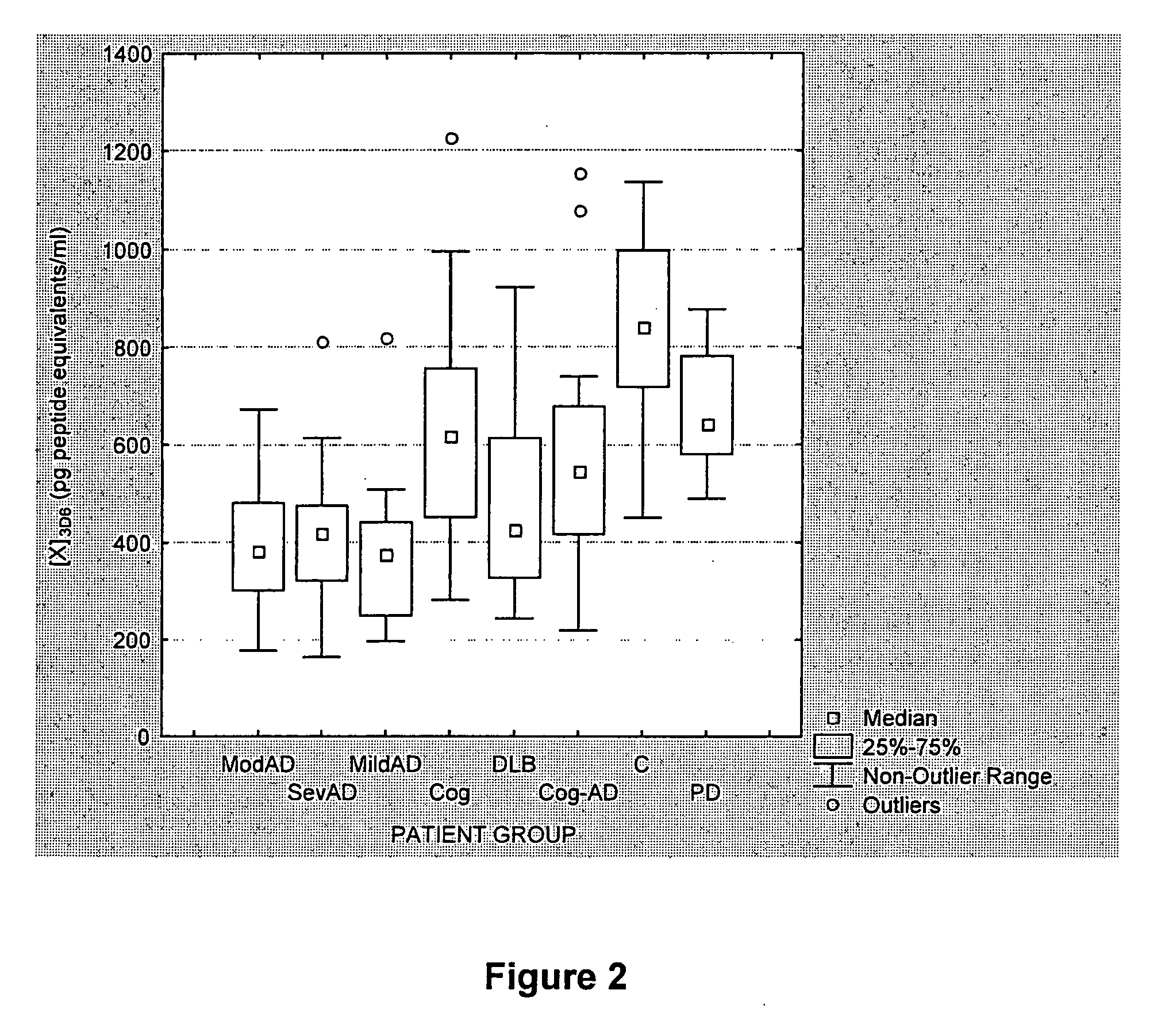



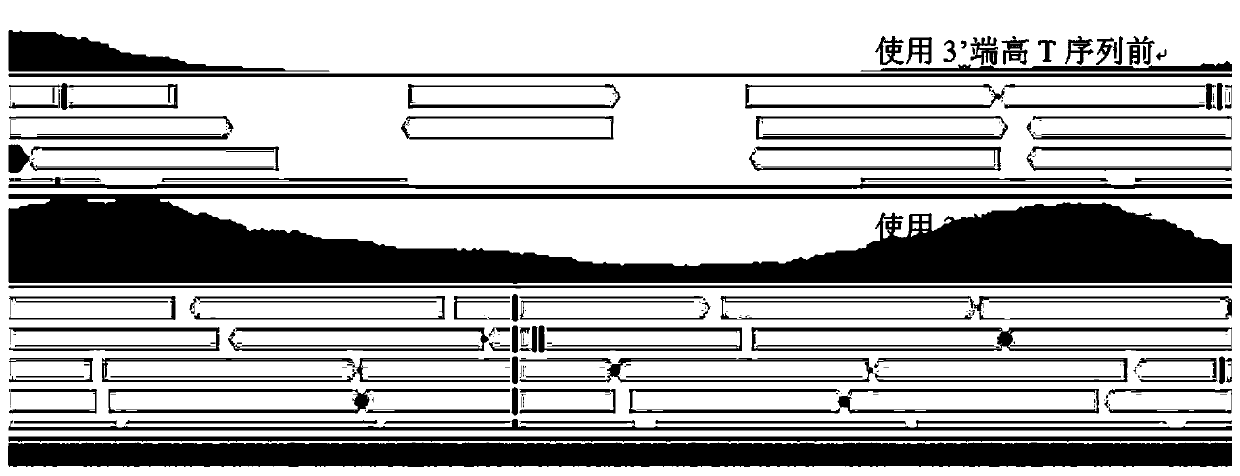
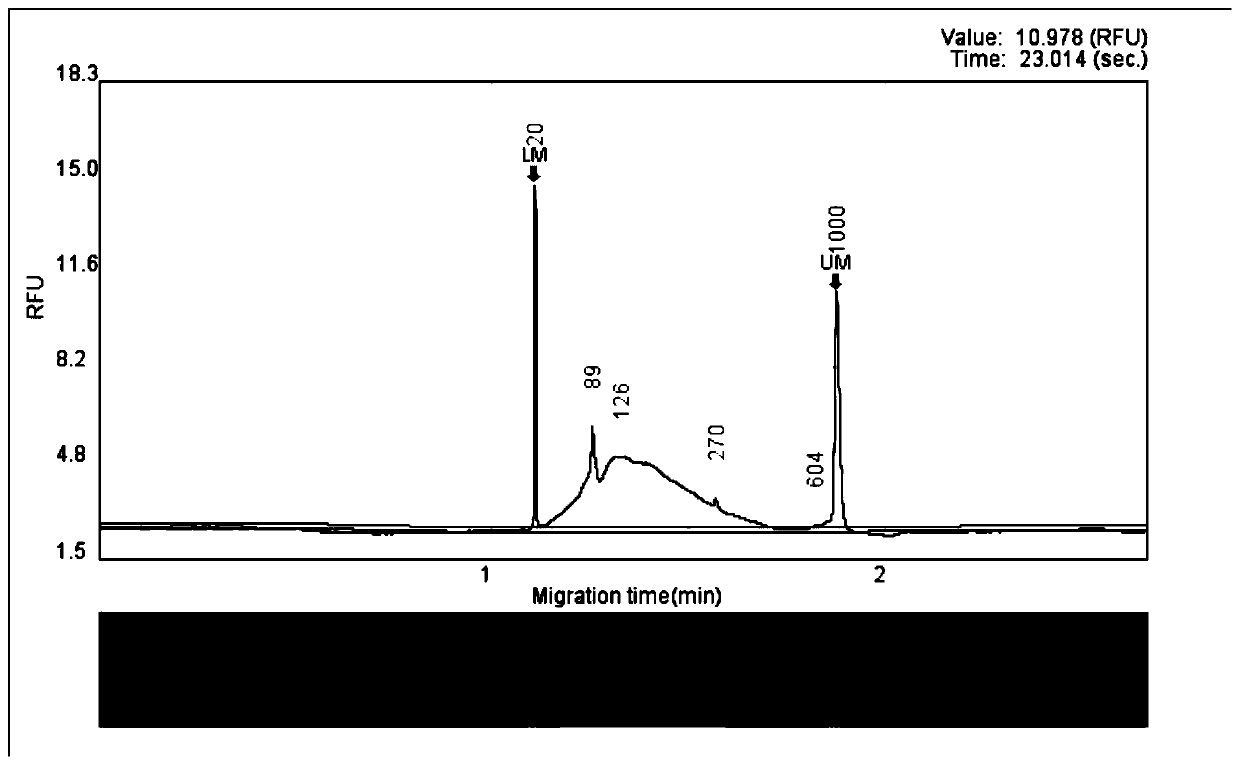
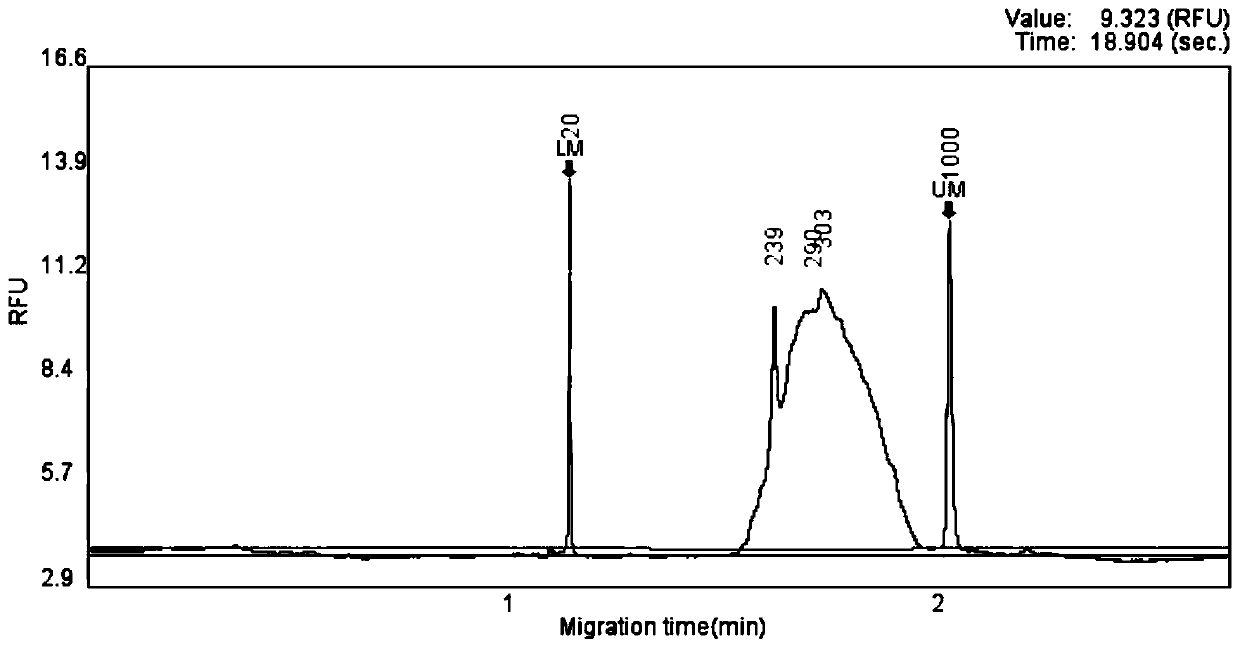
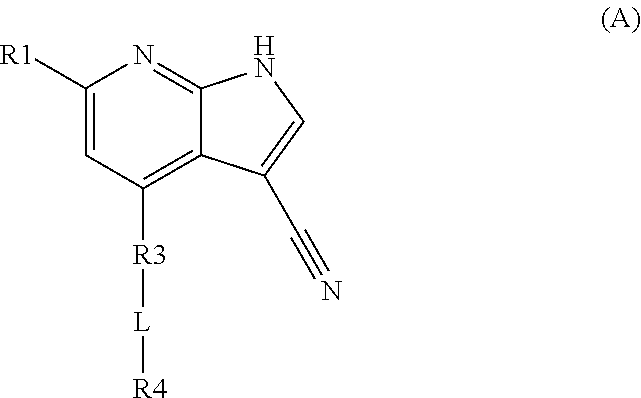
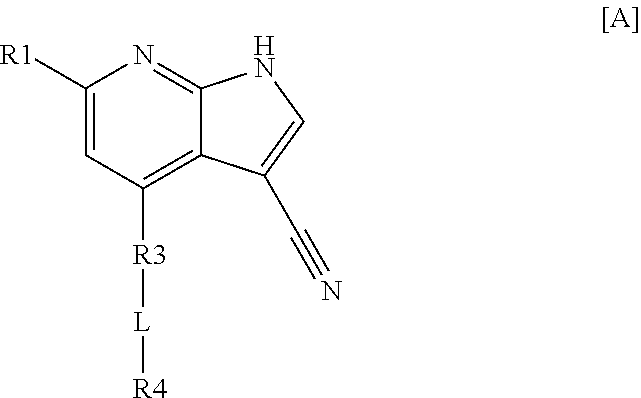

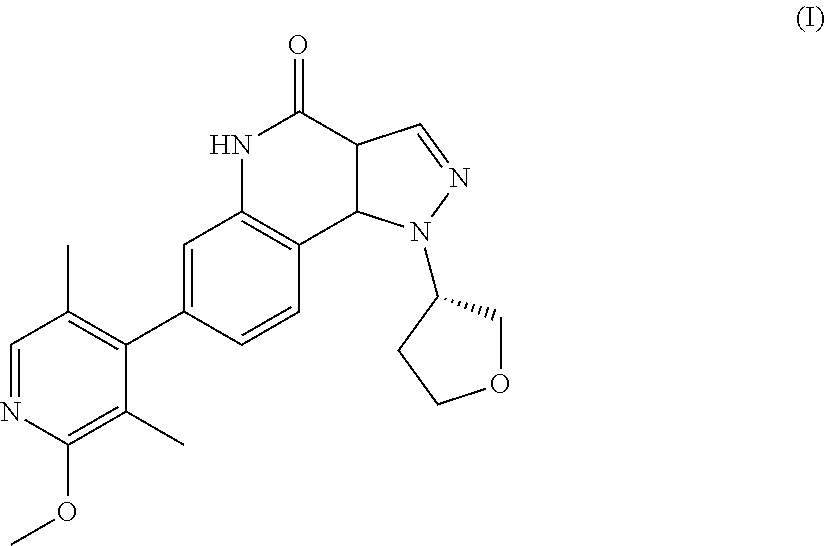

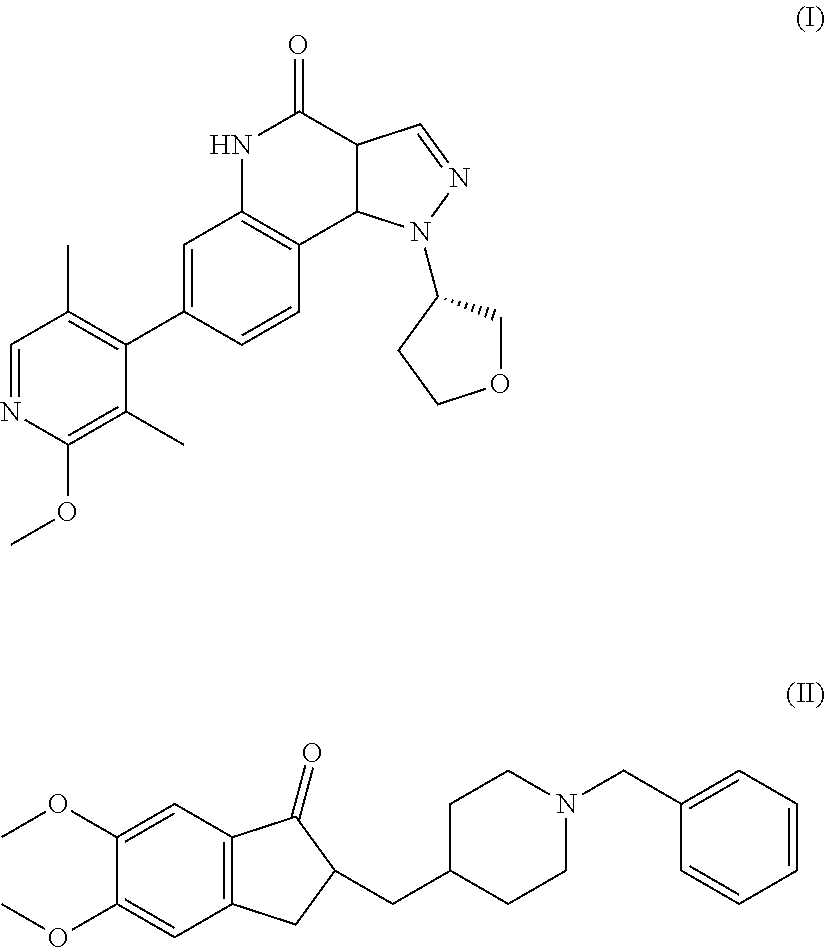
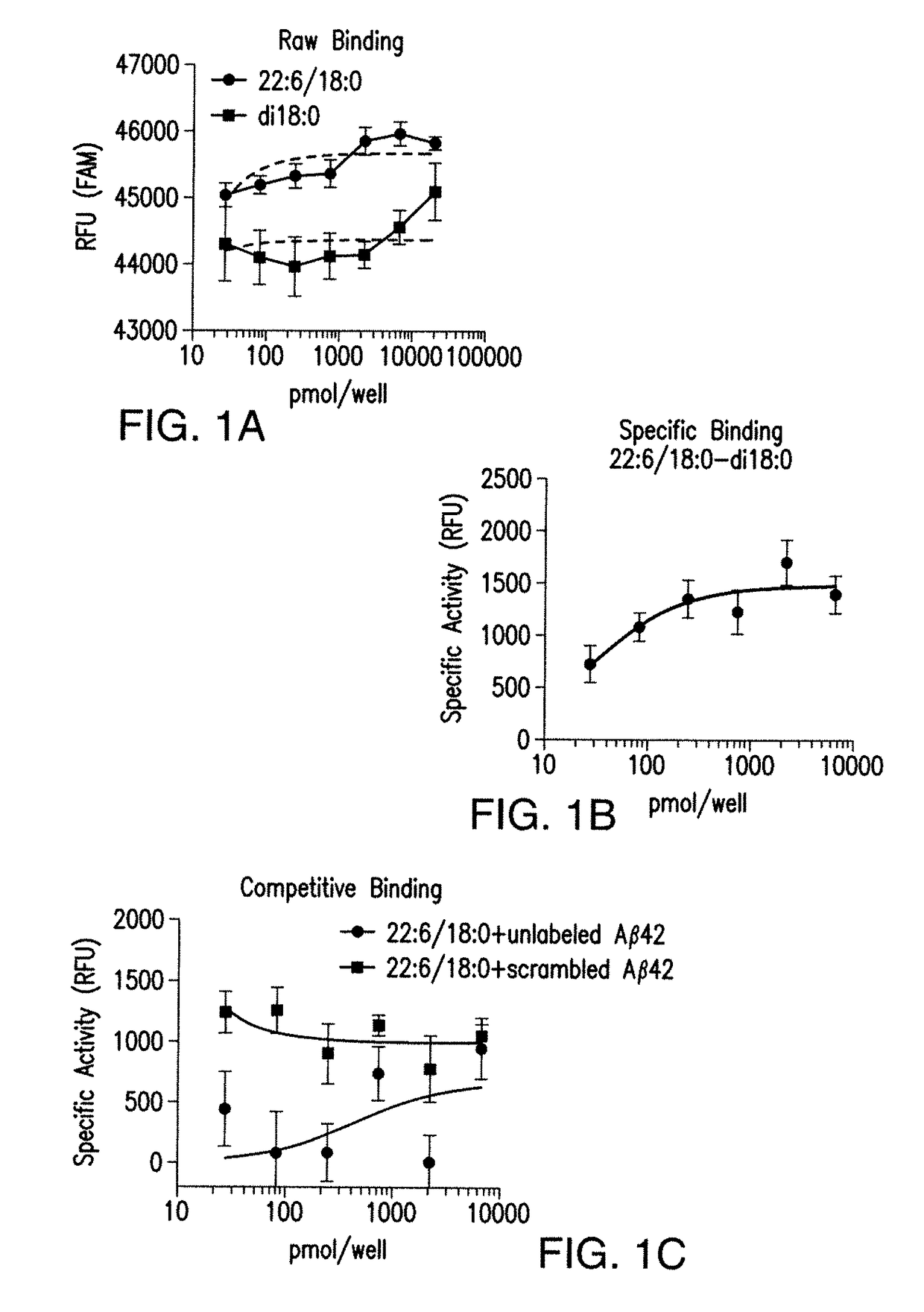
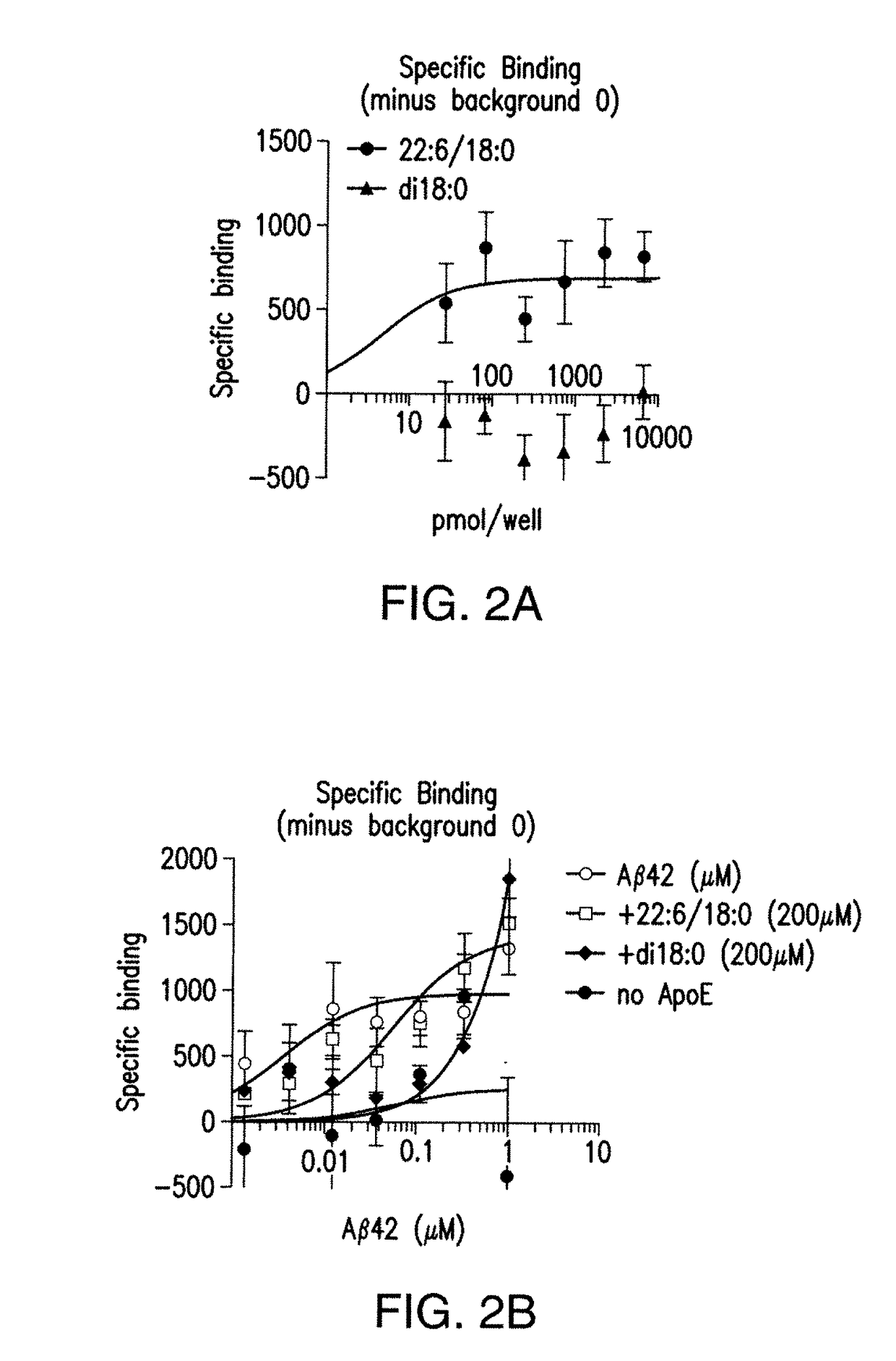
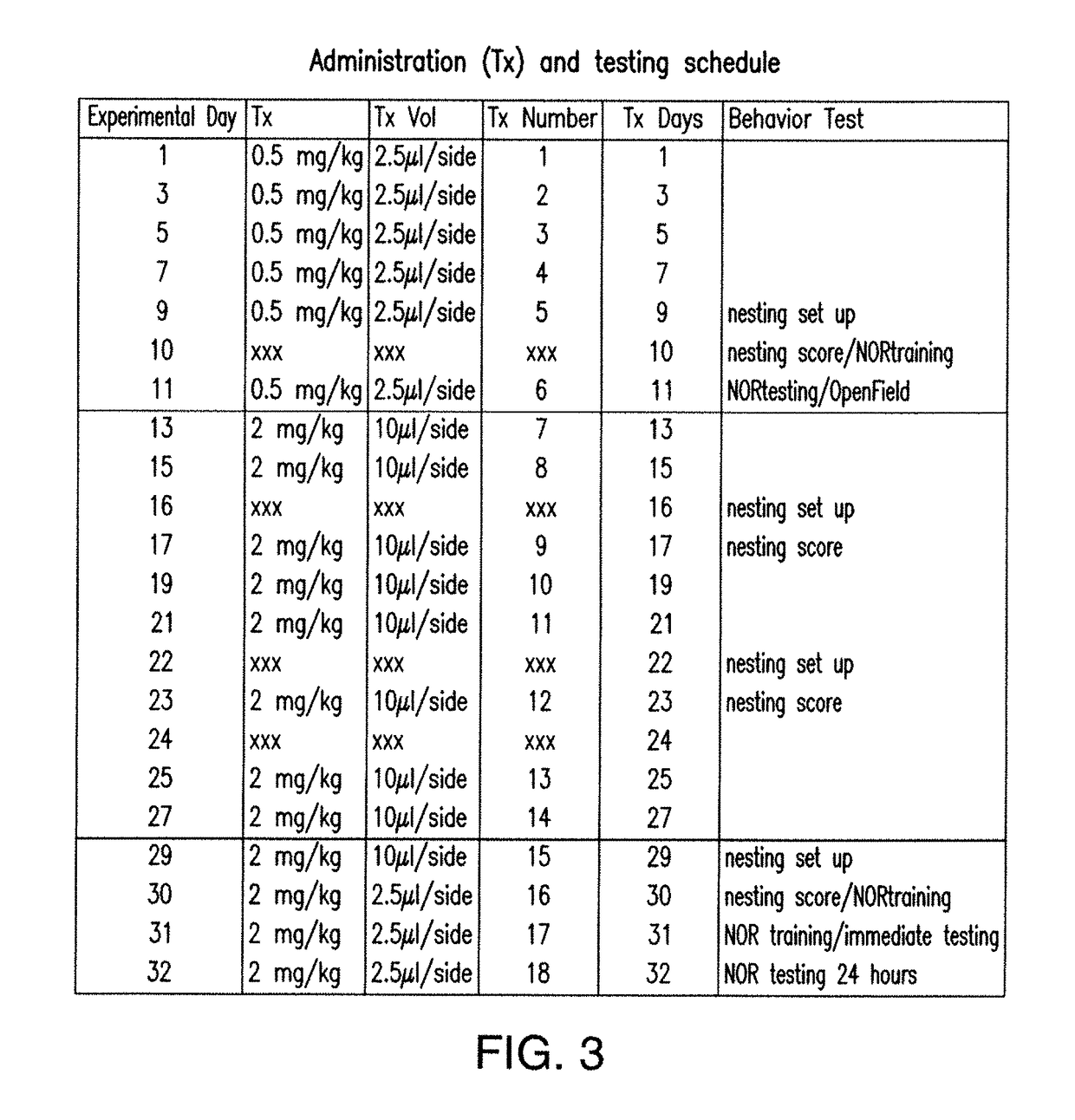
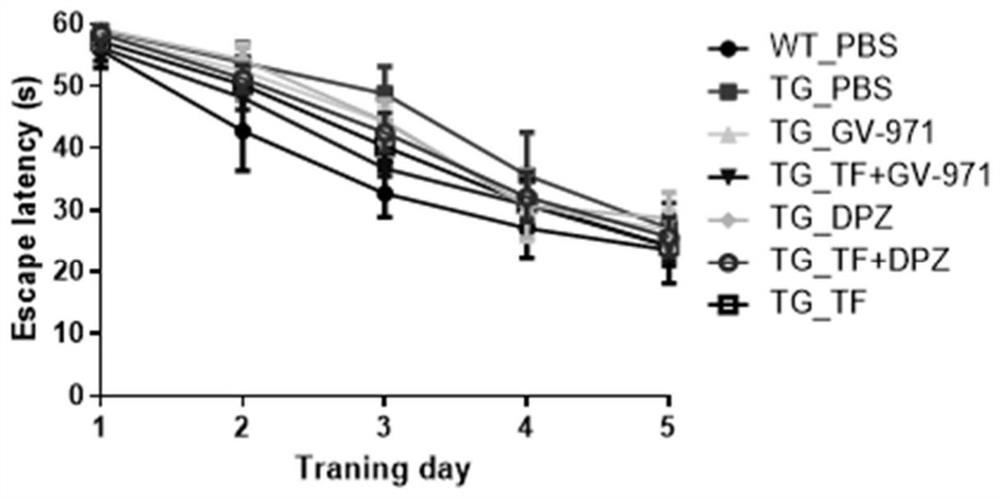
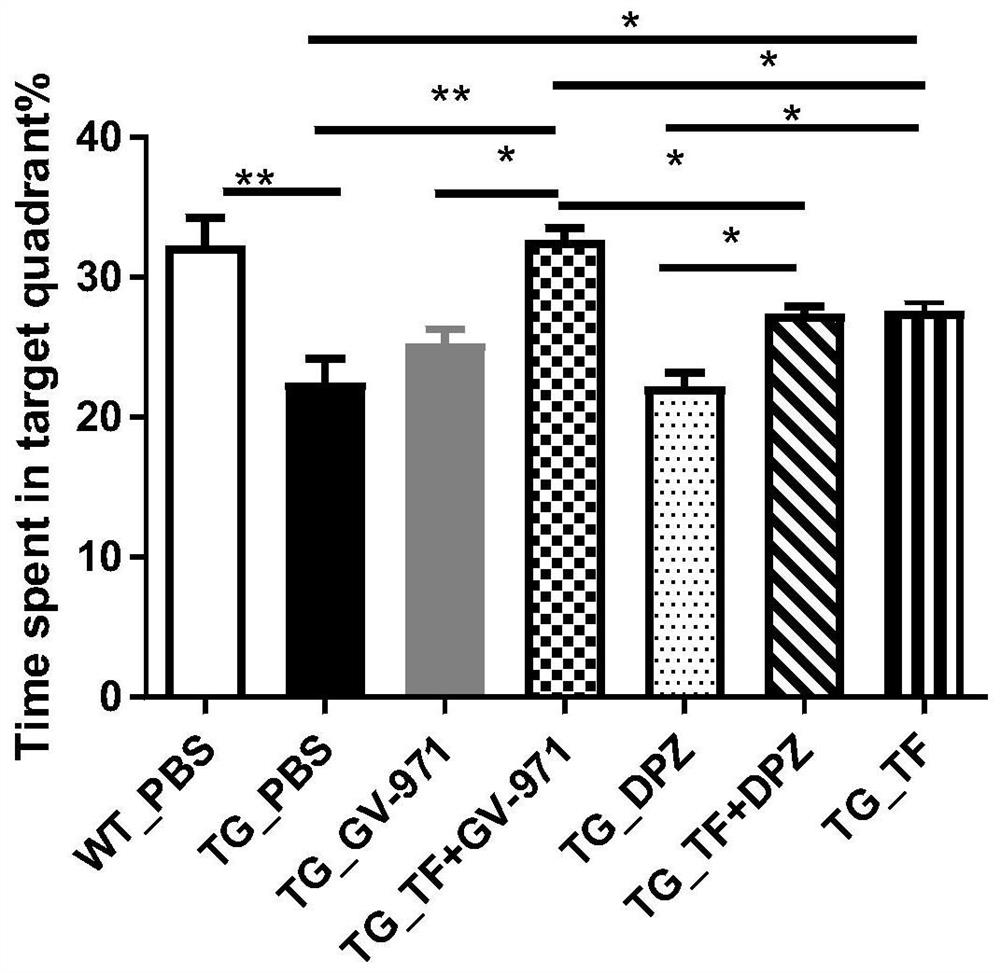
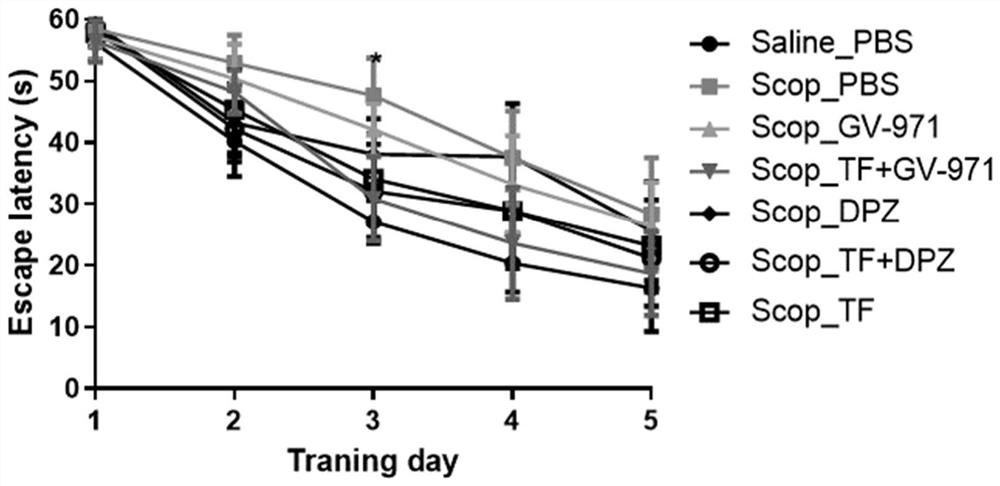

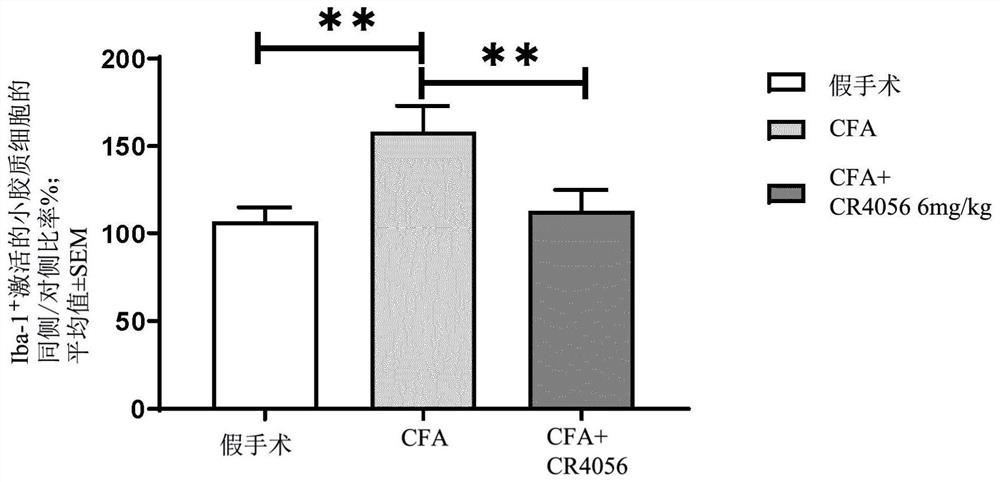
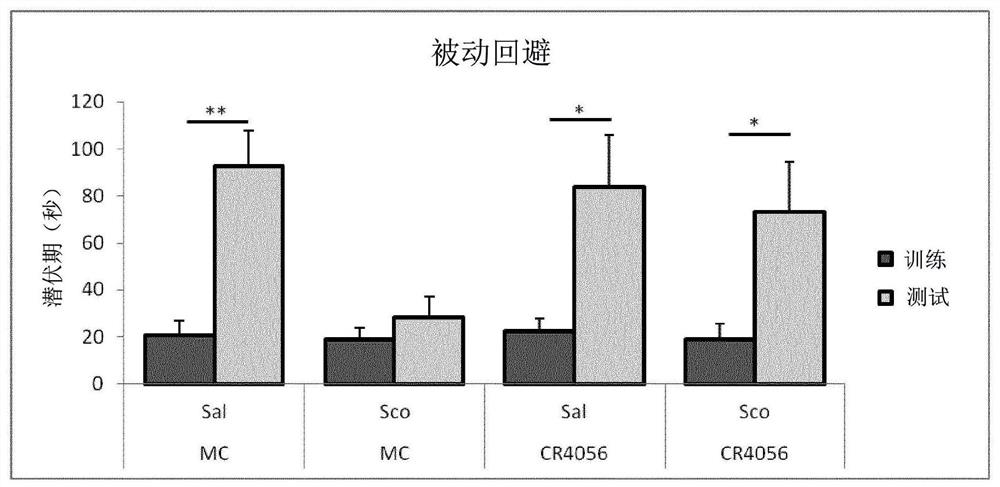





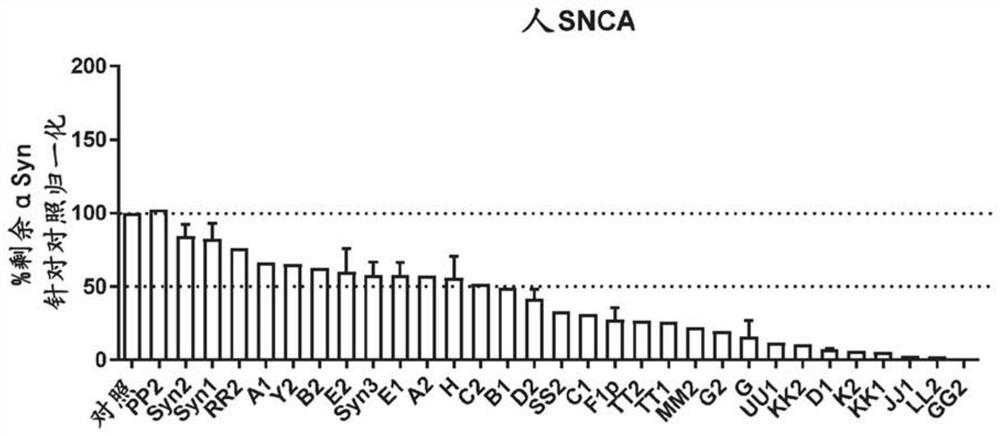
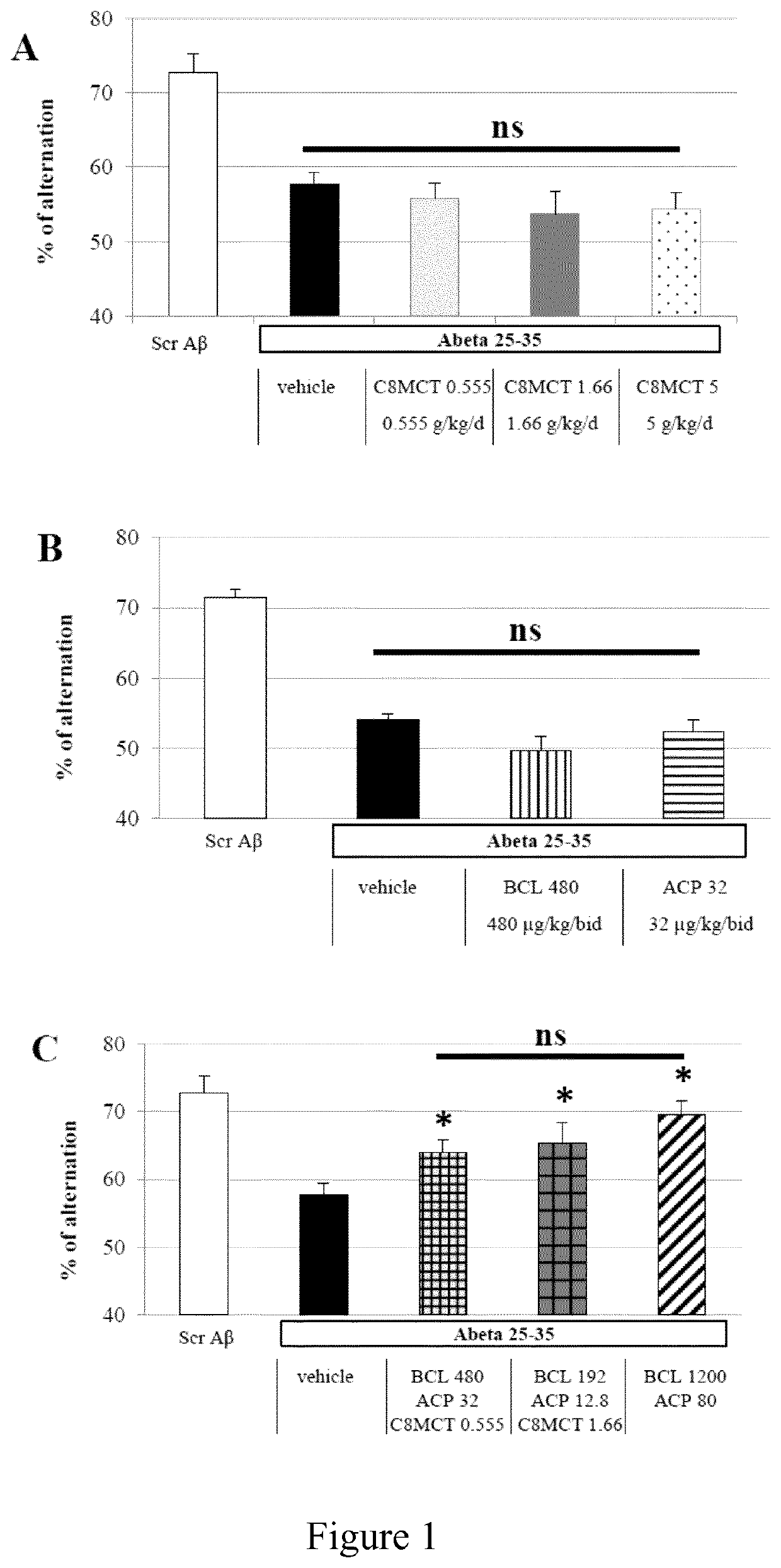
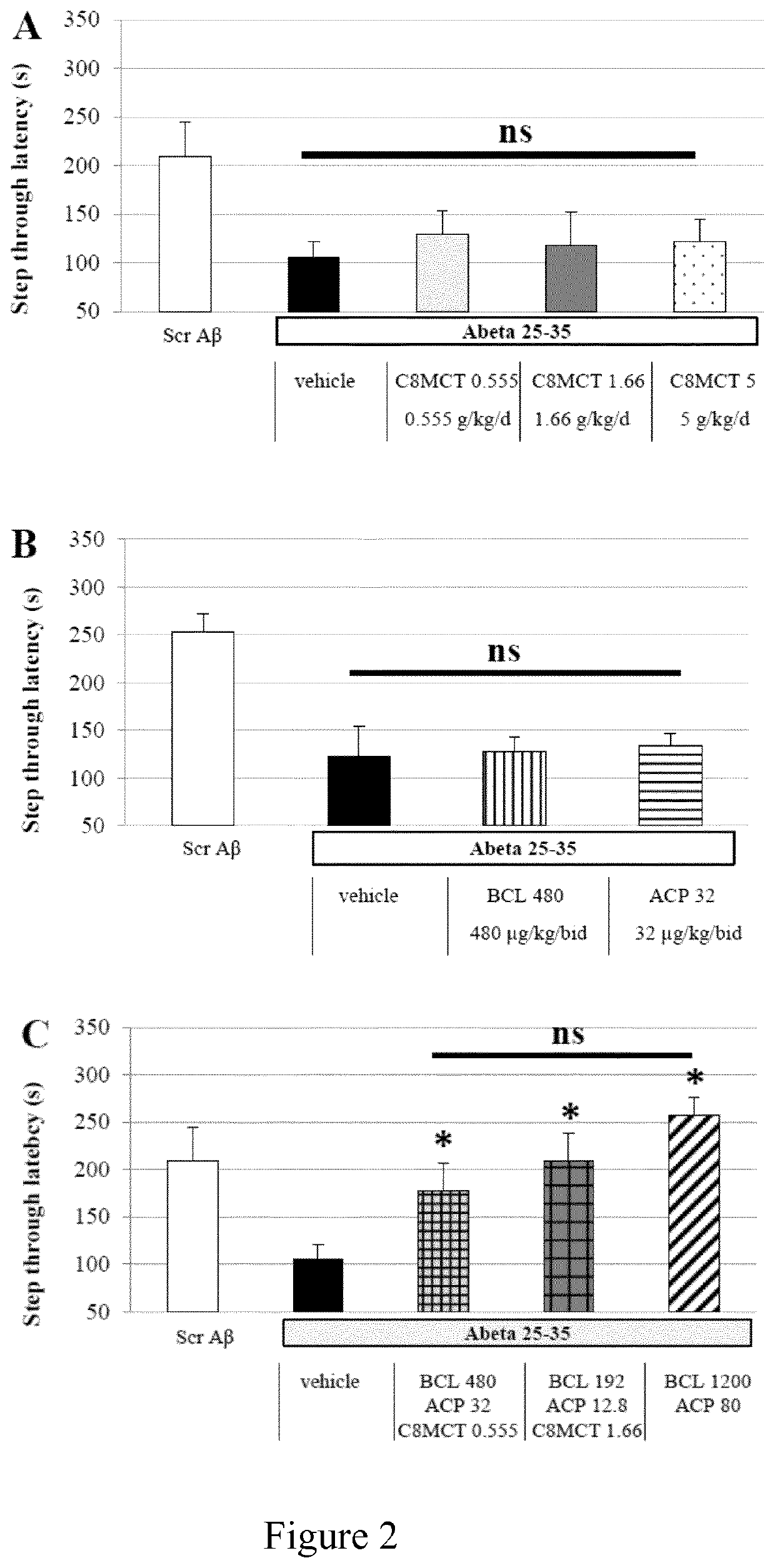
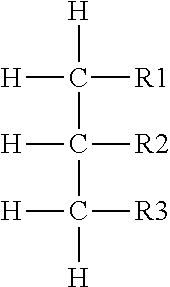

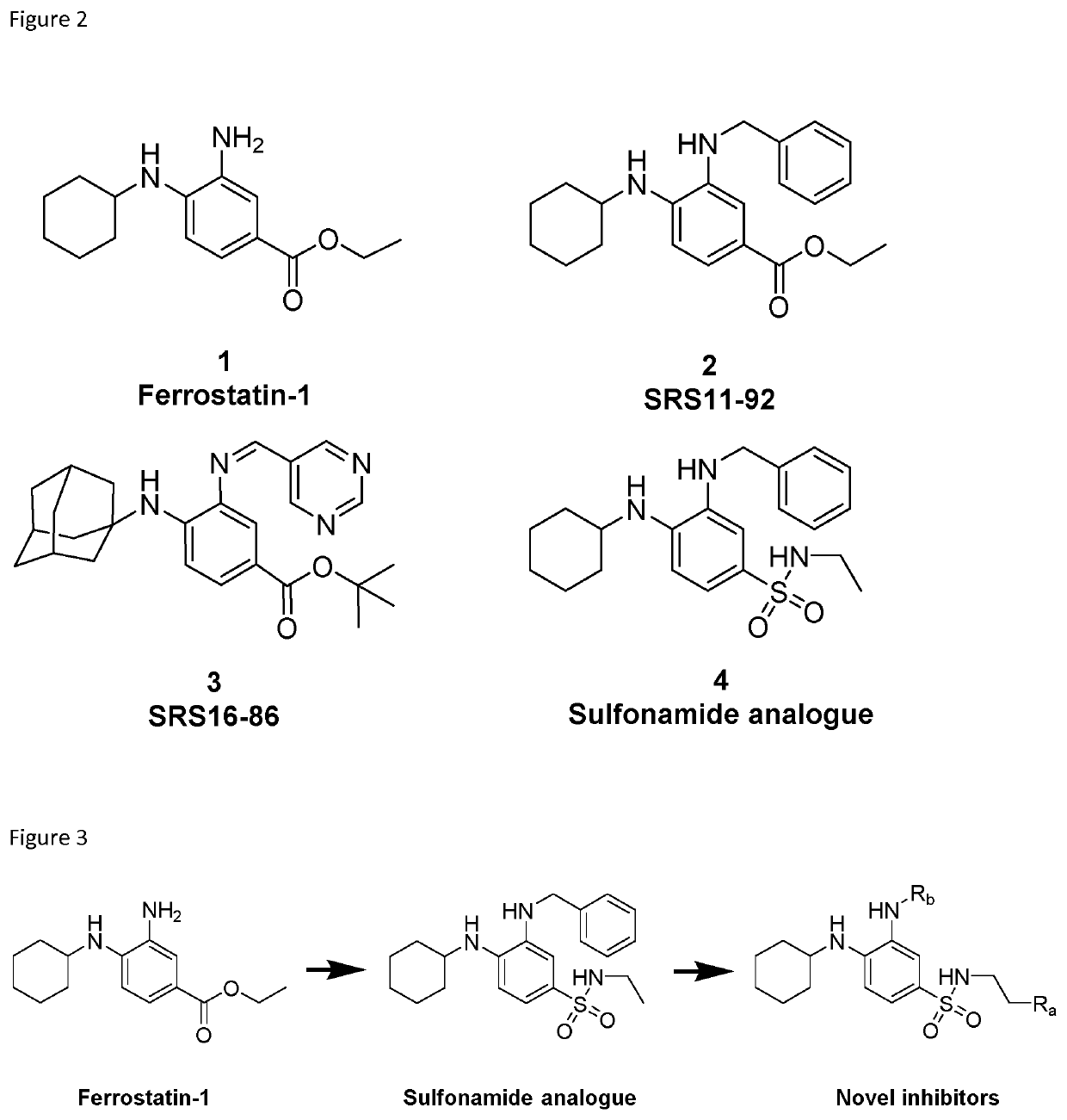

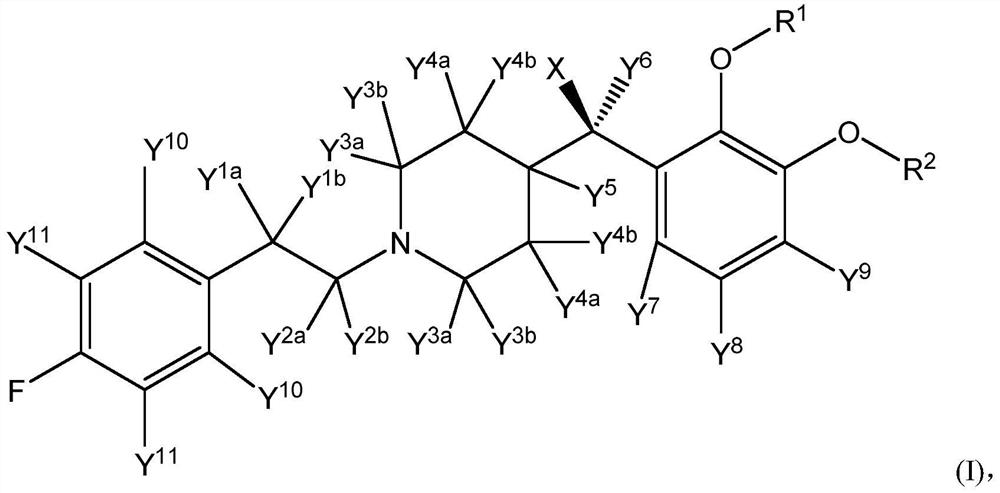
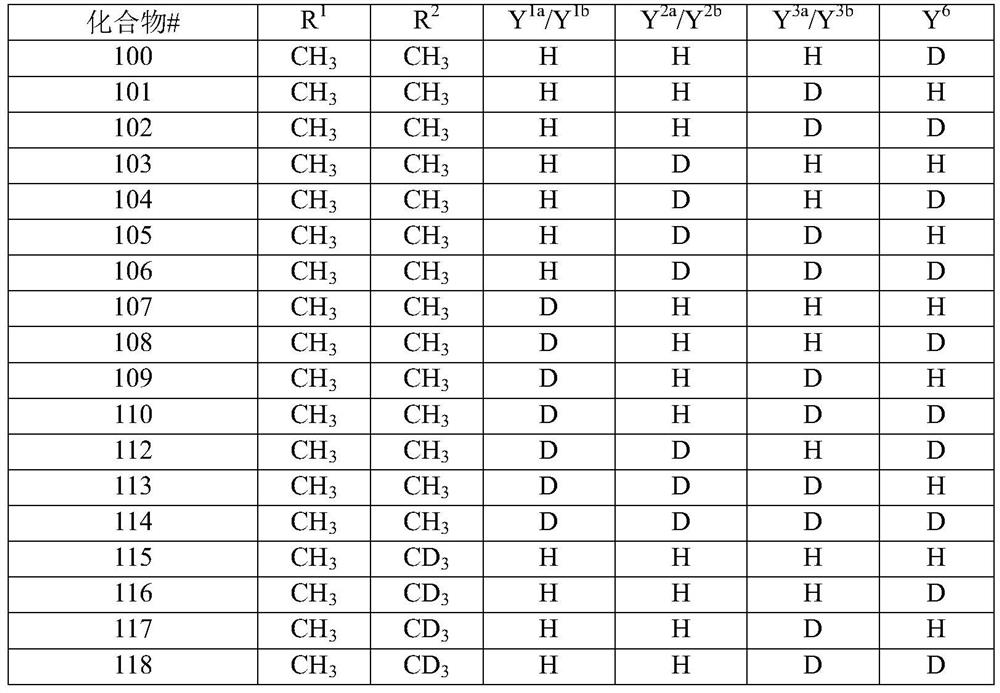
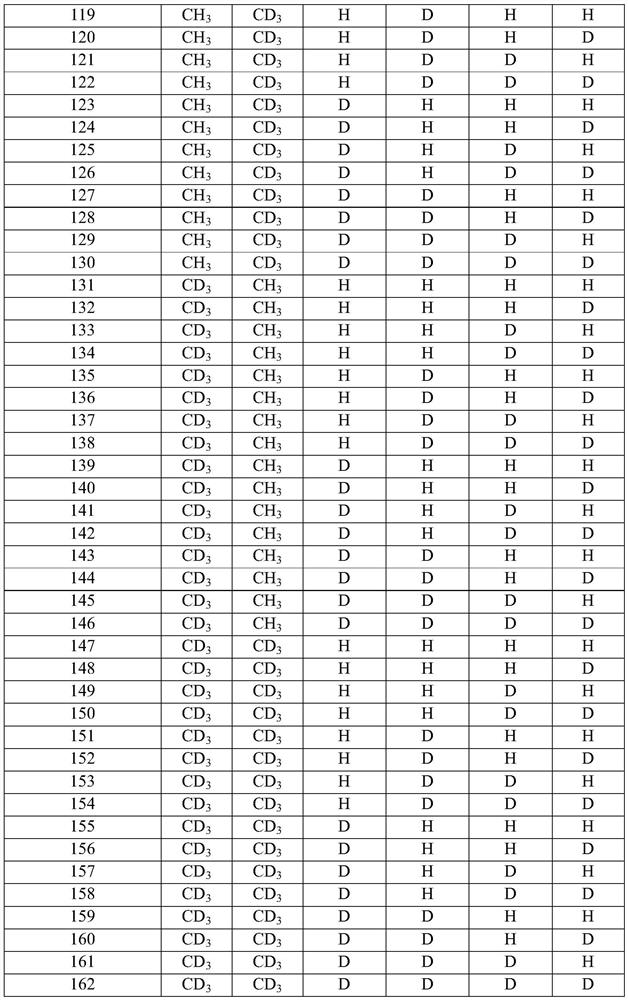
![4,4a,5,7-TETRAHYDRO-3H-FURO[3,4-b]PYRIDINYL COMPOUNDS 4,4a,5,7-TETRAHYDRO-3H-FURO[3,4-b]PYRIDINYL COMPOUNDS](https://images-eureka-patsnap-com.libproxy1.nus.edu.sg/patent_img/02b14782-a432-4560-aada-3f12dbcecc96/US20200062773A1-C00001.png)
![4,4a,5,7-TETRAHYDRO-3H-FURO[3,4-b]PYRIDINYL COMPOUNDS 4,4a,5,7-TETRAHYDRO-3H-FURO[3,4-b]PYRIDINYL COMPOUNDS](https://images-eureka-patsnap-com.libproxy1.nus.edu.sg/patent_img/02b14782-a432-4560-aada-3f12dbcecc96/US20200062773A1-C00002.png)
![4,4a,5,7-TETRAHYDRO-3H-FURO[3,4-b]PYRIDINYL COMPOUNDS 4,4a,5,7-TETRAHYDRO-3H-FURO[3,4-b]PYRIDINYL COMPOUNDS](https://images-eureka-patsnap-com.libproxy1.nus.edu.sg/patent_img/02b14782-a432-4560-aada-3f12dbcecc96/US20200062773A1-C00003.png)
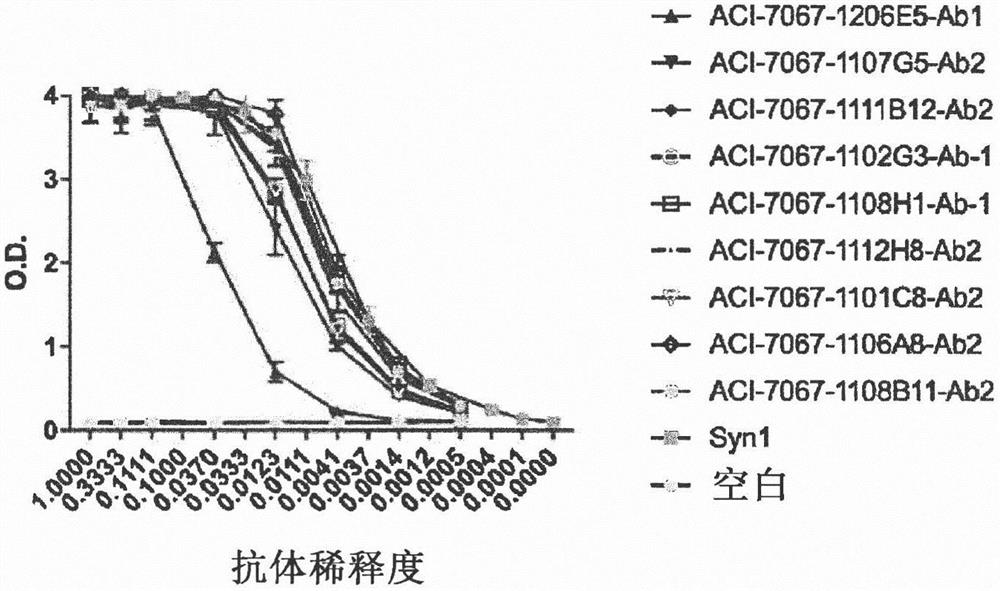
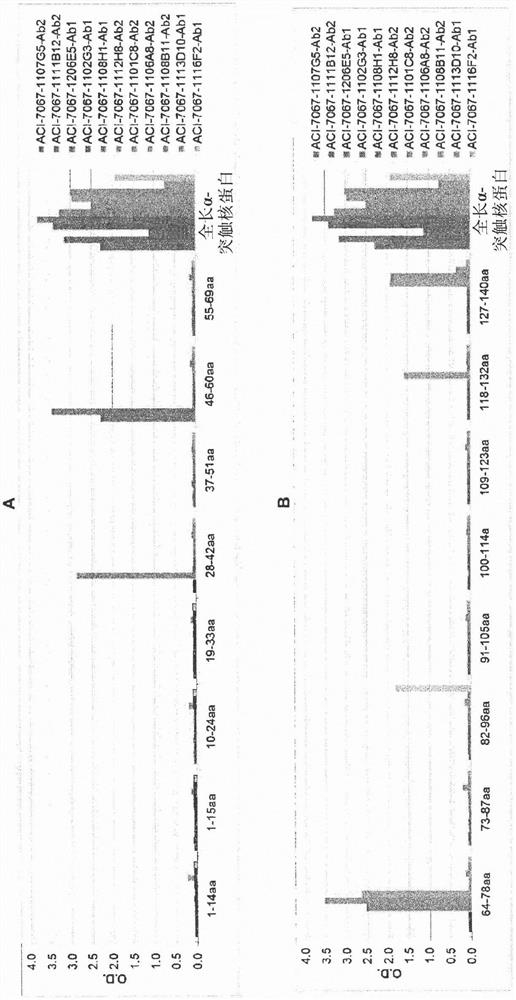
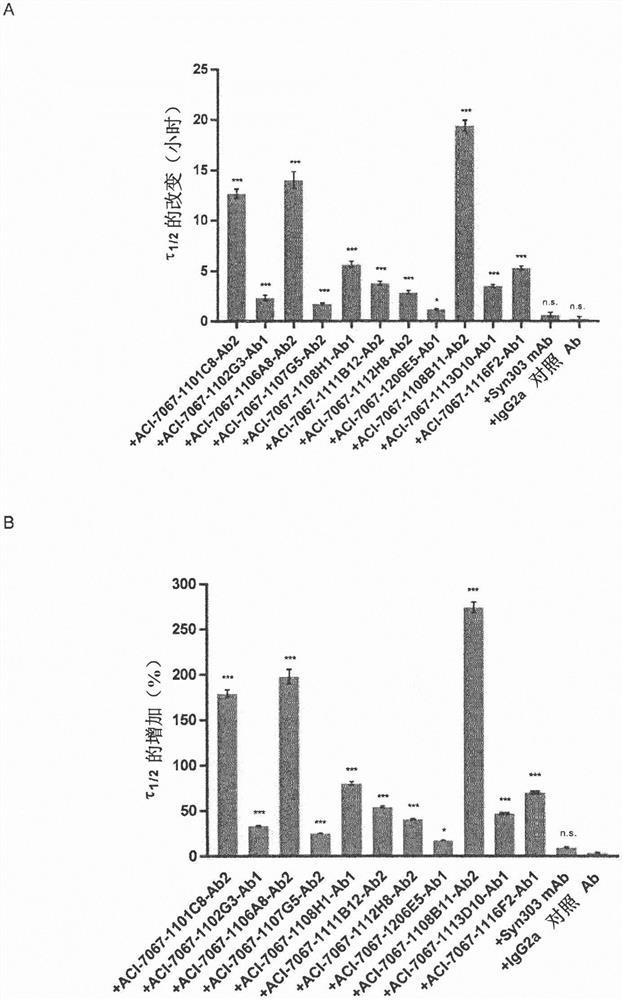
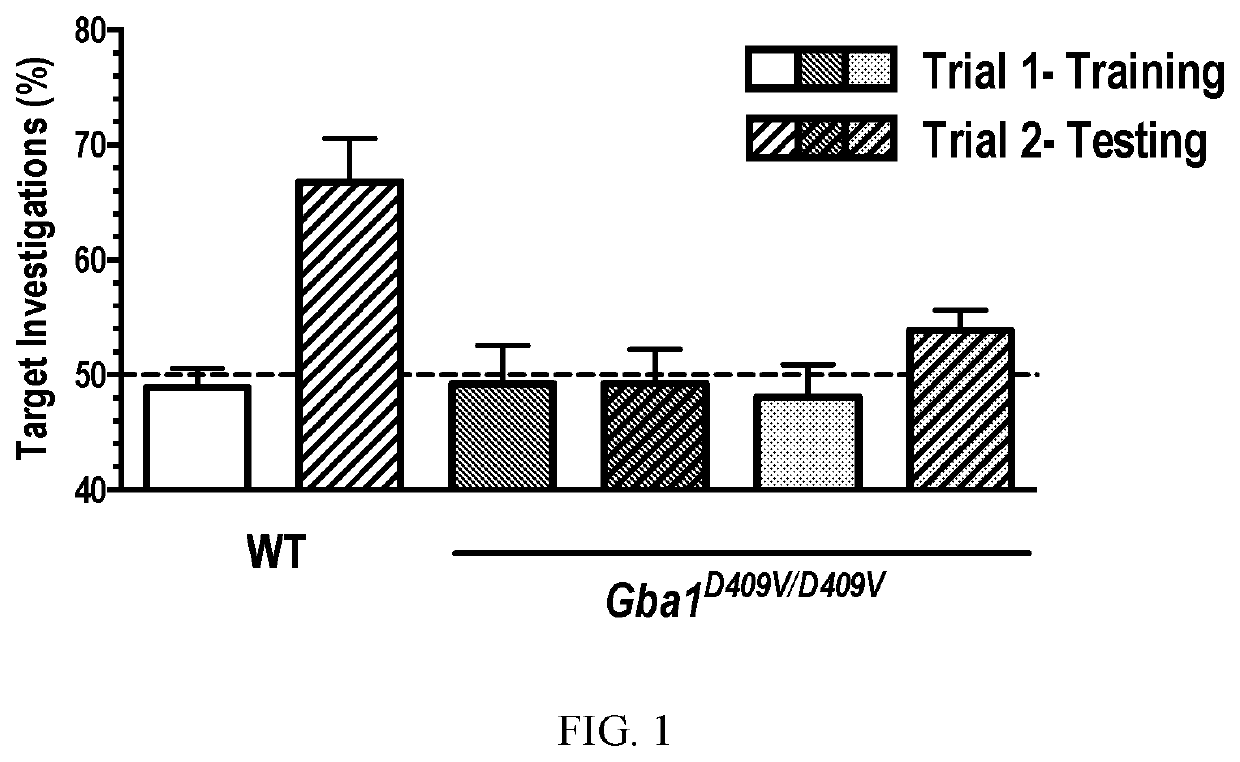
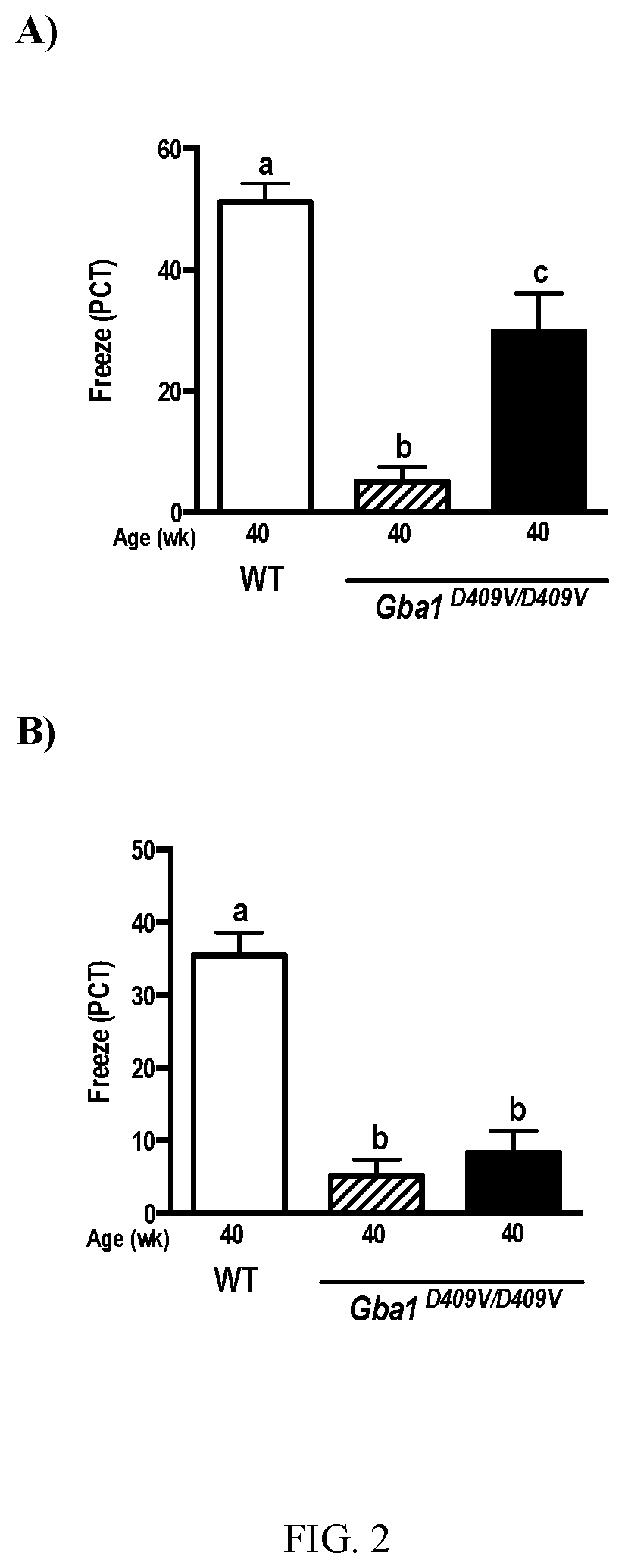
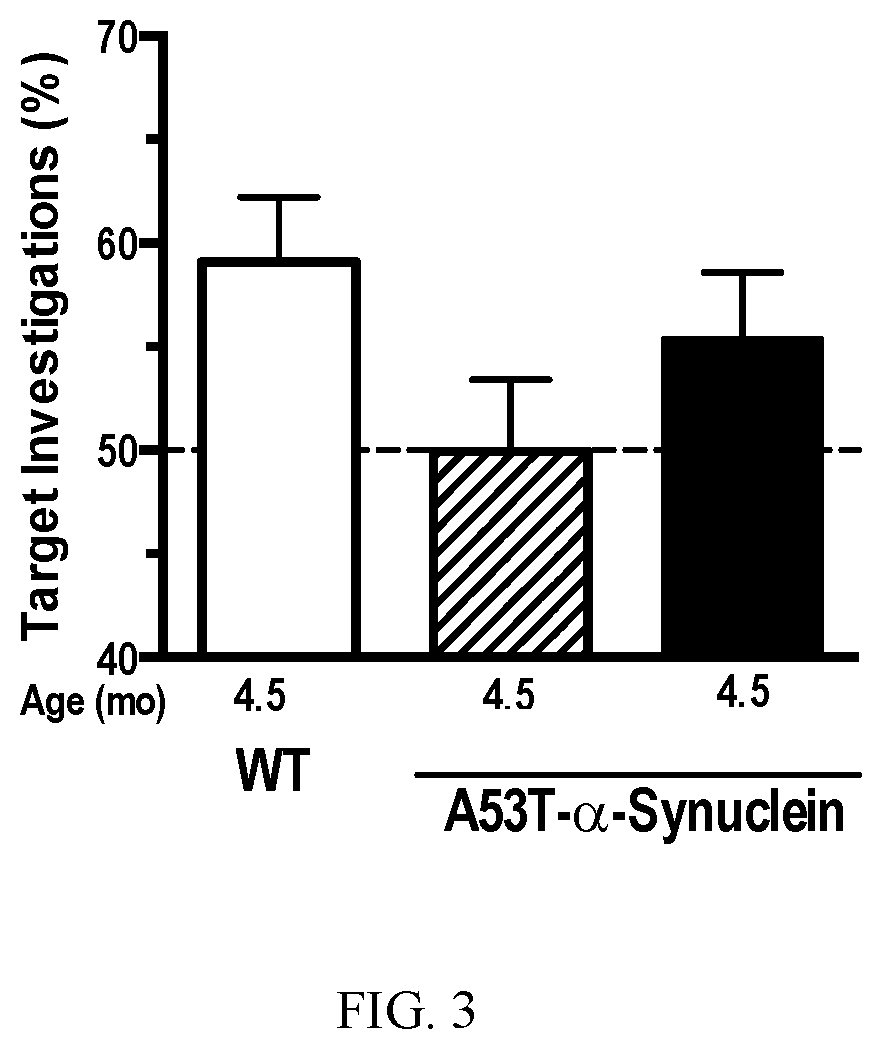
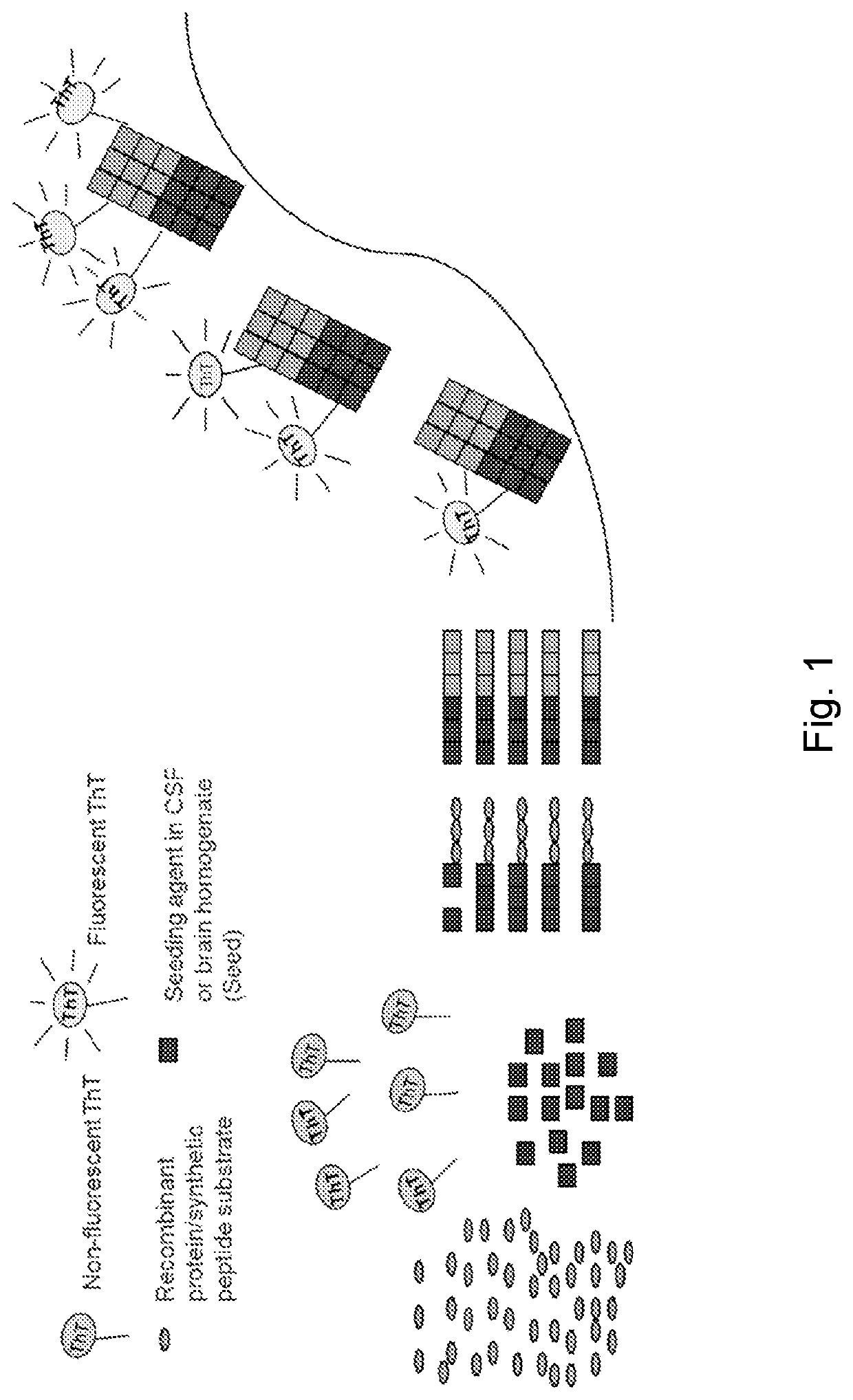
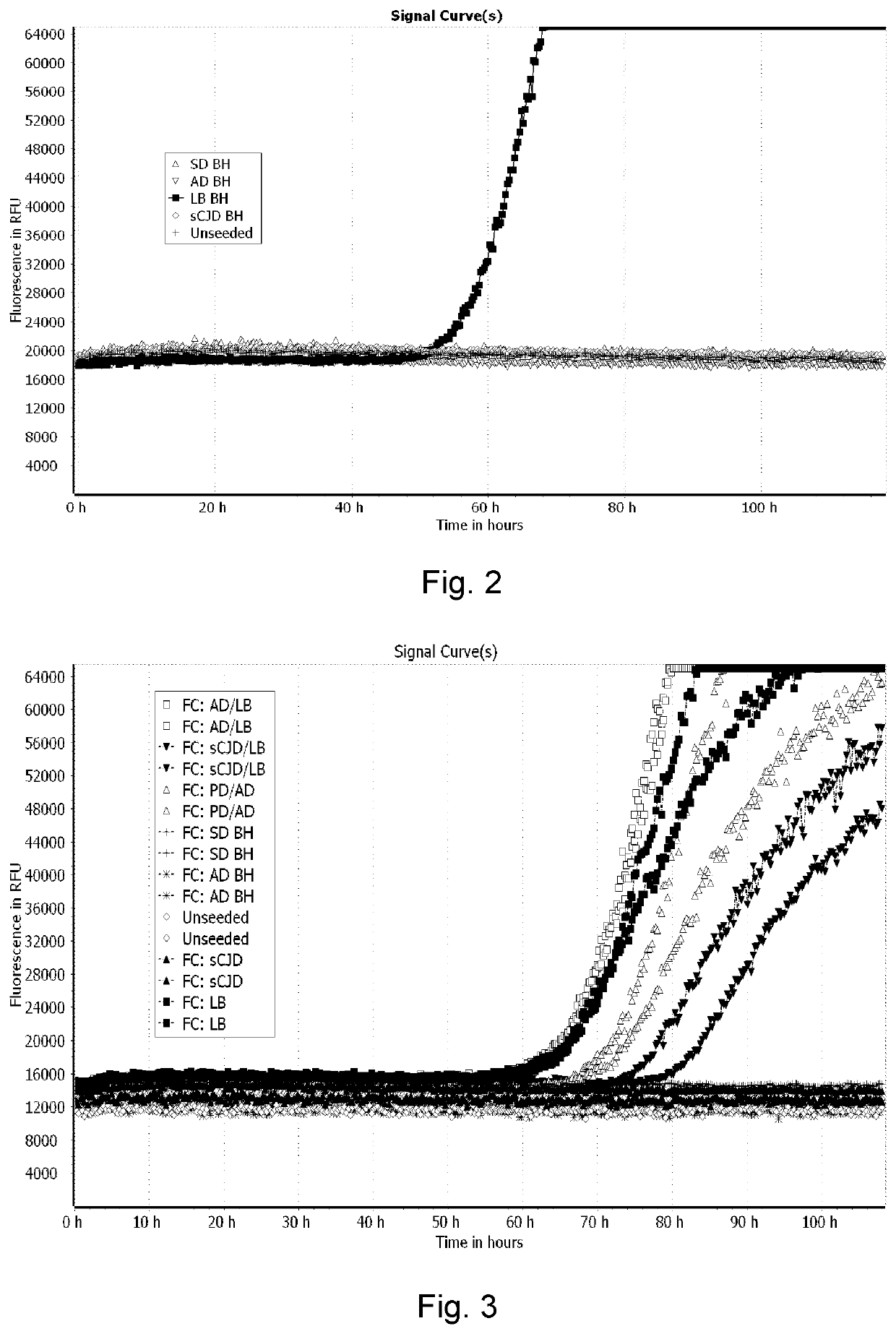
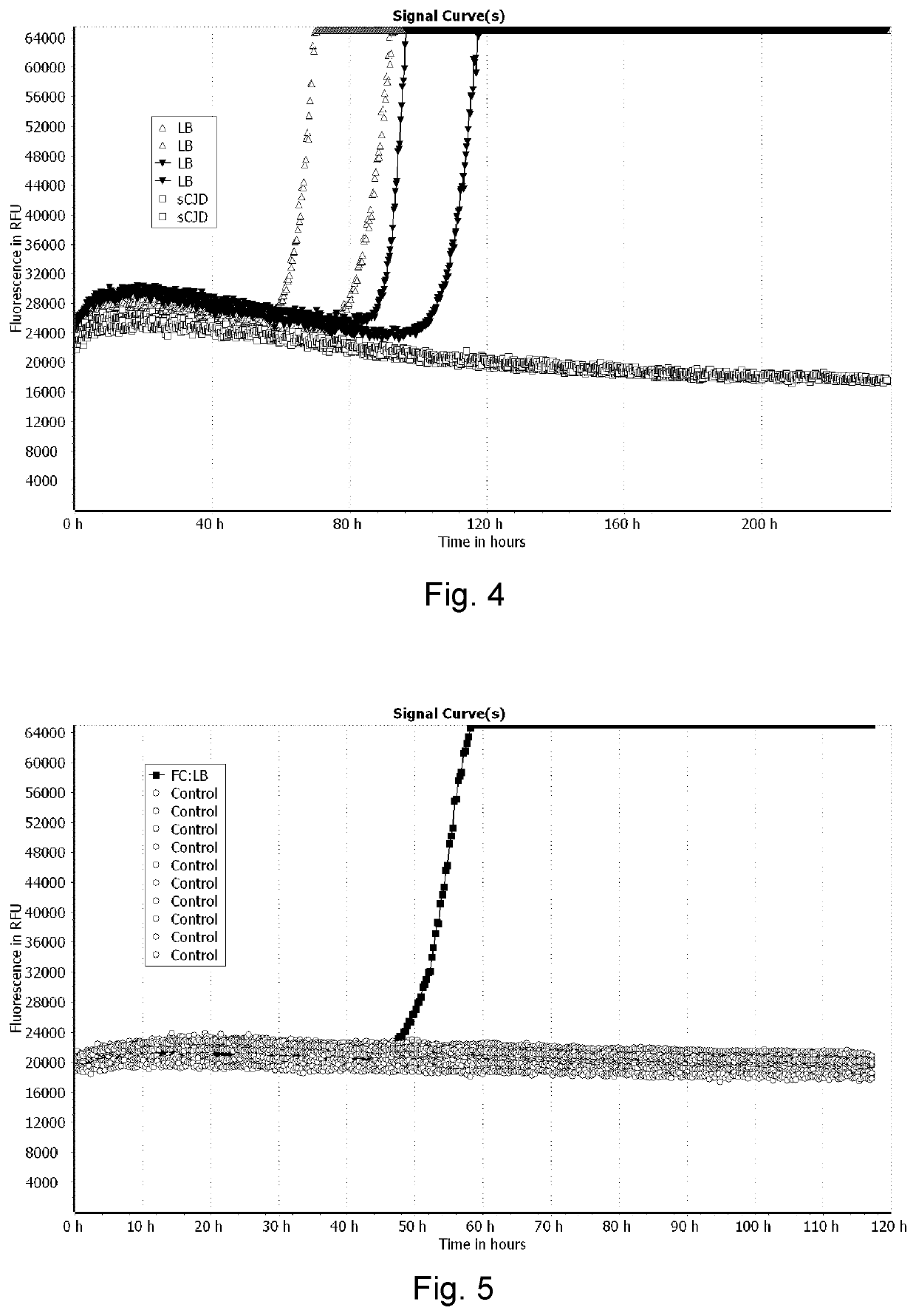
![4-amino-6-phenyl-6,7-dihydro[1,2,3]triazolo[1,5-a]pyrazine derivatives as inhibitors of beta-secretase (BACE) 4-amino-6-phenyl-6,7-dihydro[1,2,3]triazolo[1,5-a]pyrazine derivatives as inhibitors of beta-secretase (BACE)](https://images-eureka-patsnap-com.libproxy1.nus.edu.sg/patent_img/41652793-4ba6-47f2-ac57-6d223e30a27f/BDA0000875134250000051.PNG)
![4-amino-6-phenyl-6,7-dihydro[1,2,3]triazolo[1,5-a]pyrazine derivatives as inhibitors of beta-secretase (BACE) 4-amino-6-phenyl-6,7-dihydro[1,2,3]triazolo[1,5-a]pyrazine derivatives as inhibitors of beta-secretase (BACE)](https://images-eureka-patsnap-com.libproxy1.nus.edu.sg/patent_img/41652793-4ba6-47f2-ac57-6d223e30a27f/BDA0000875134250000061.PNG)
![4-amino-6-phenyl-6,7-dihydro[1,2,3]triazolo[1,5-a]pyrazine derivatives as inhibitors of beta-secretase (BACE) 4-amino-6-phenyl-6,7-dihydro[1,2,3]triazolo[1,5-a]pyrazine derivatives as inhibitors of beta-secretase (BACE)](https://images-eureka-patsnap-com.libproxy1.nus.edu.sg/patent_img/41652793-4ba6-47f2-ac57-6d223e30a27f/BDA0000875134250000081.PNG)
